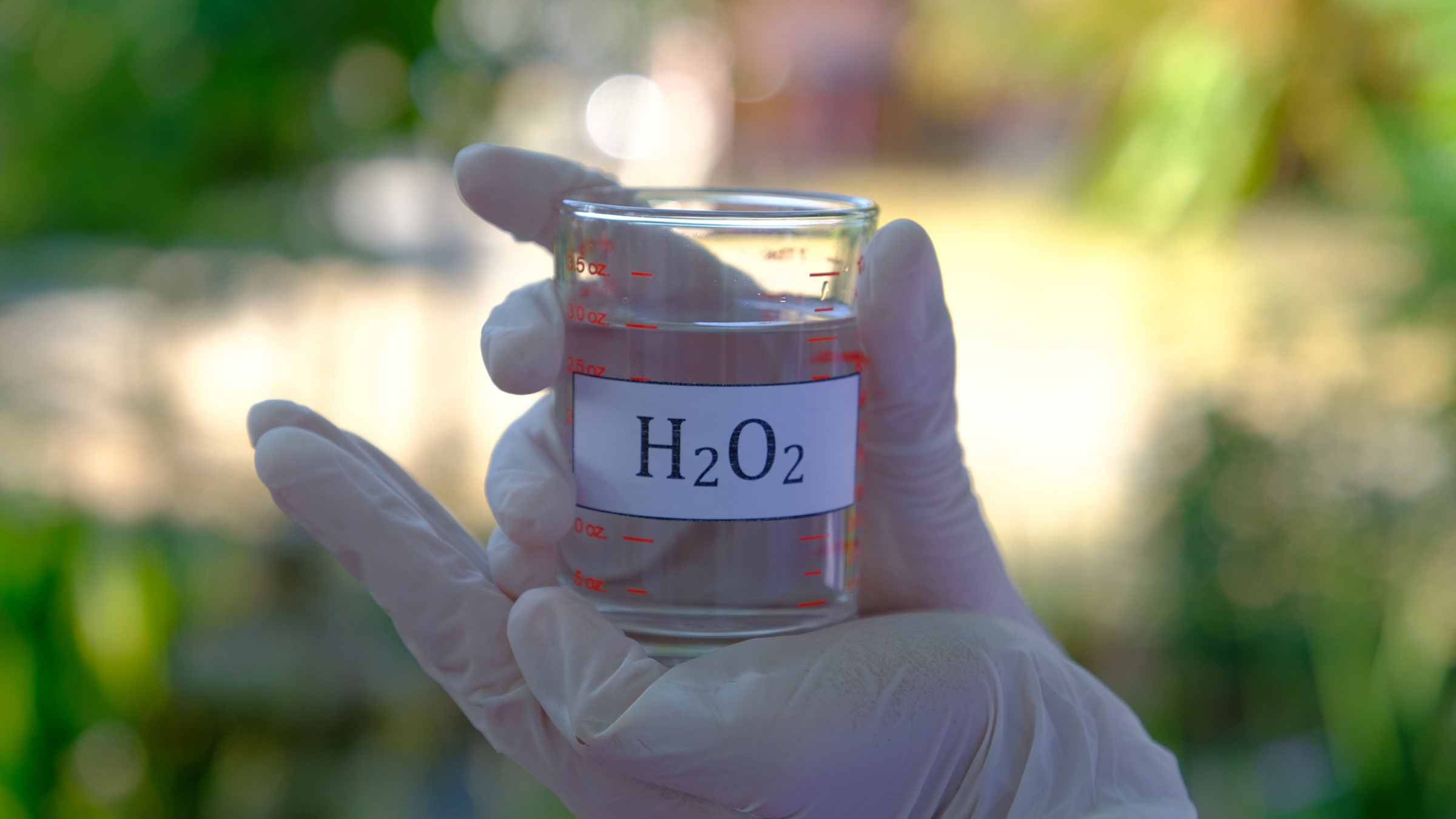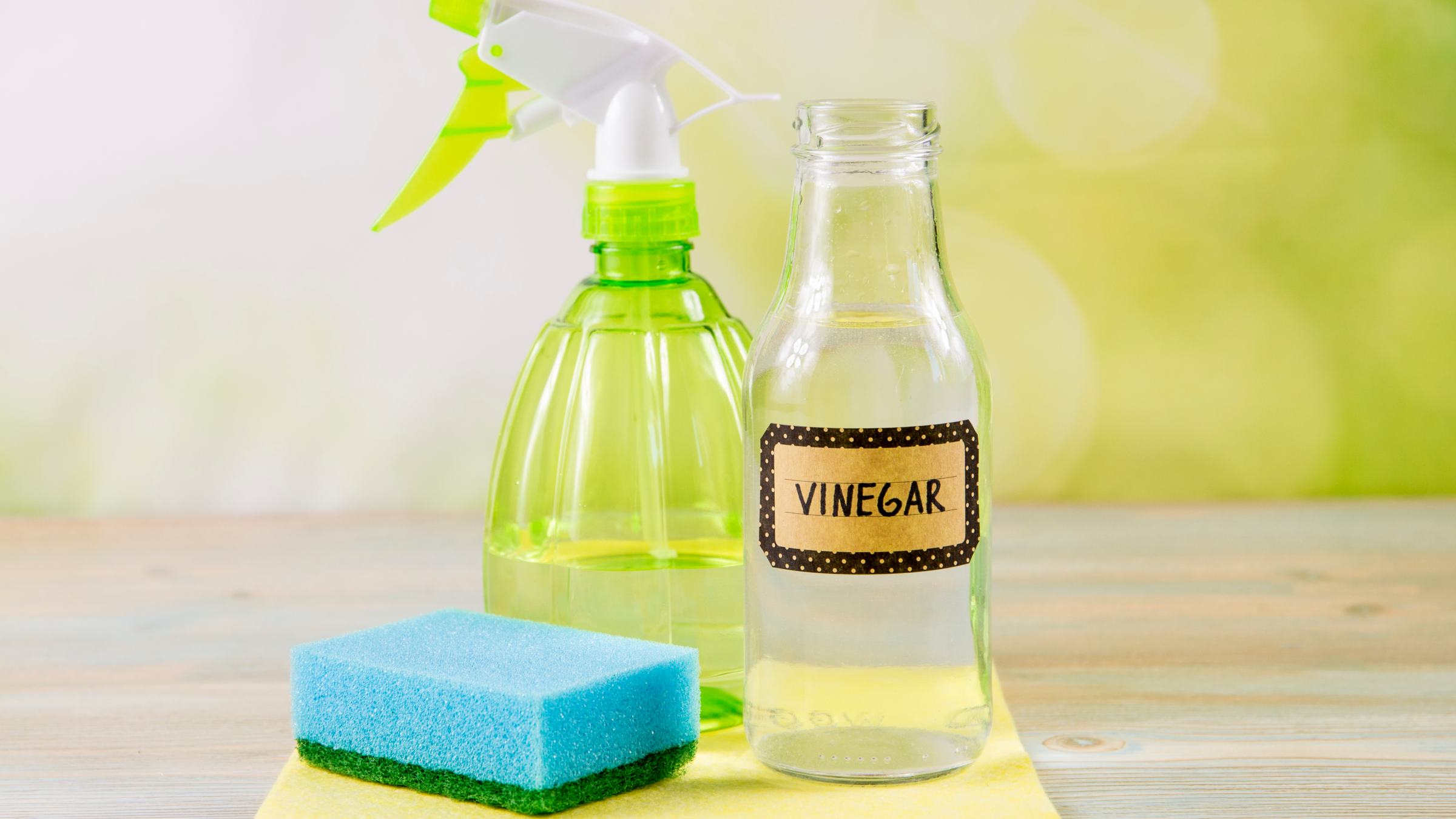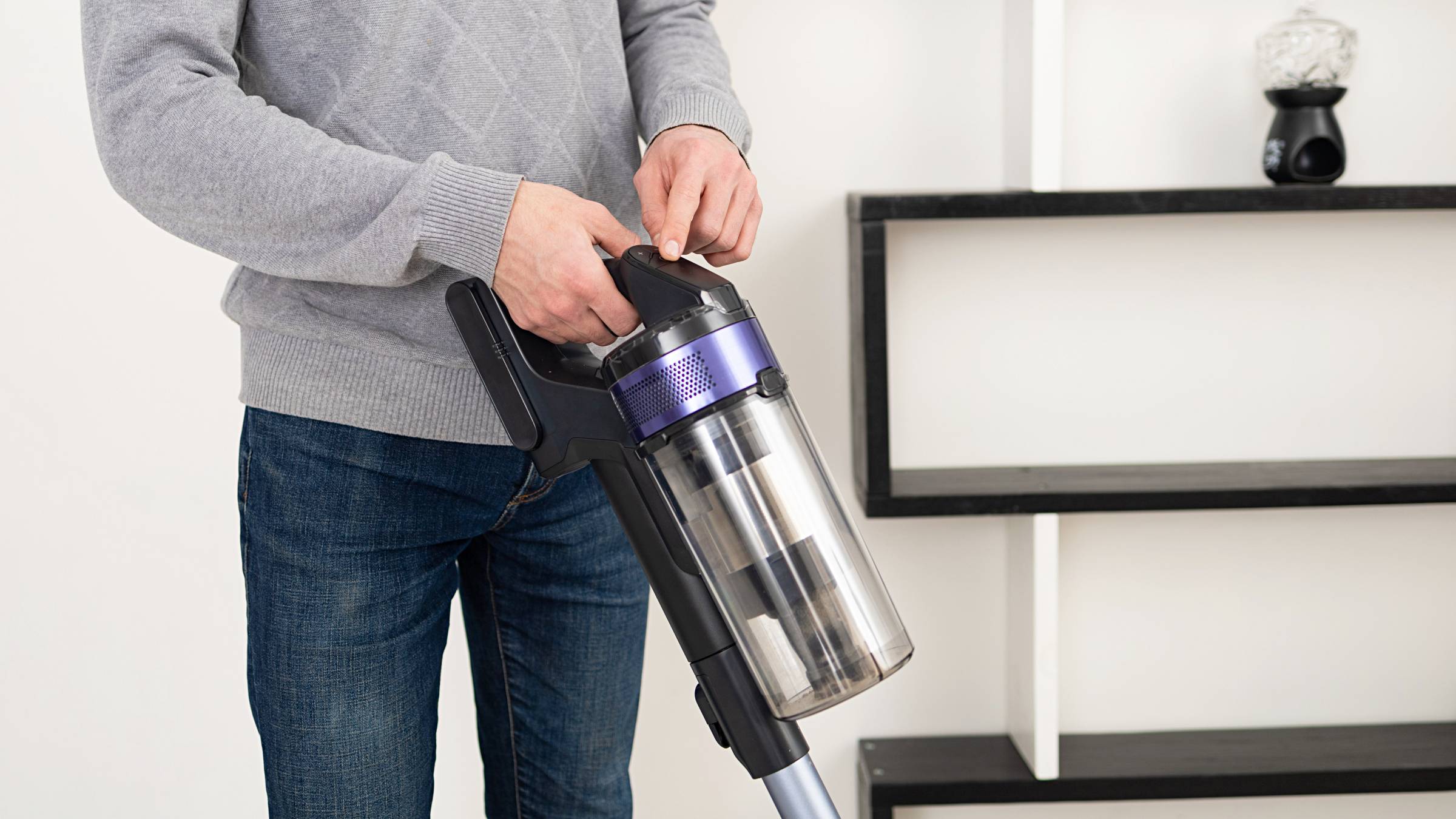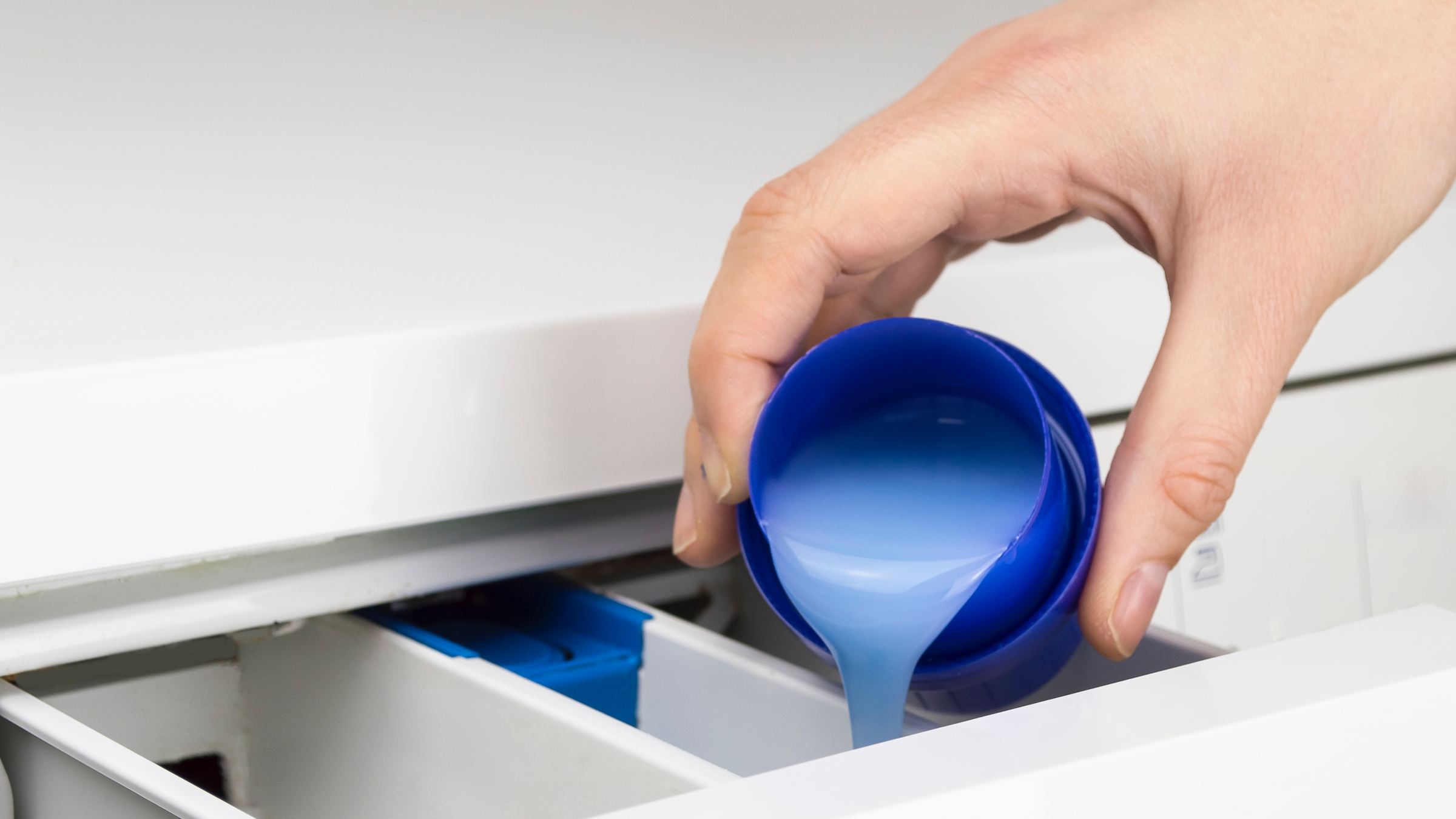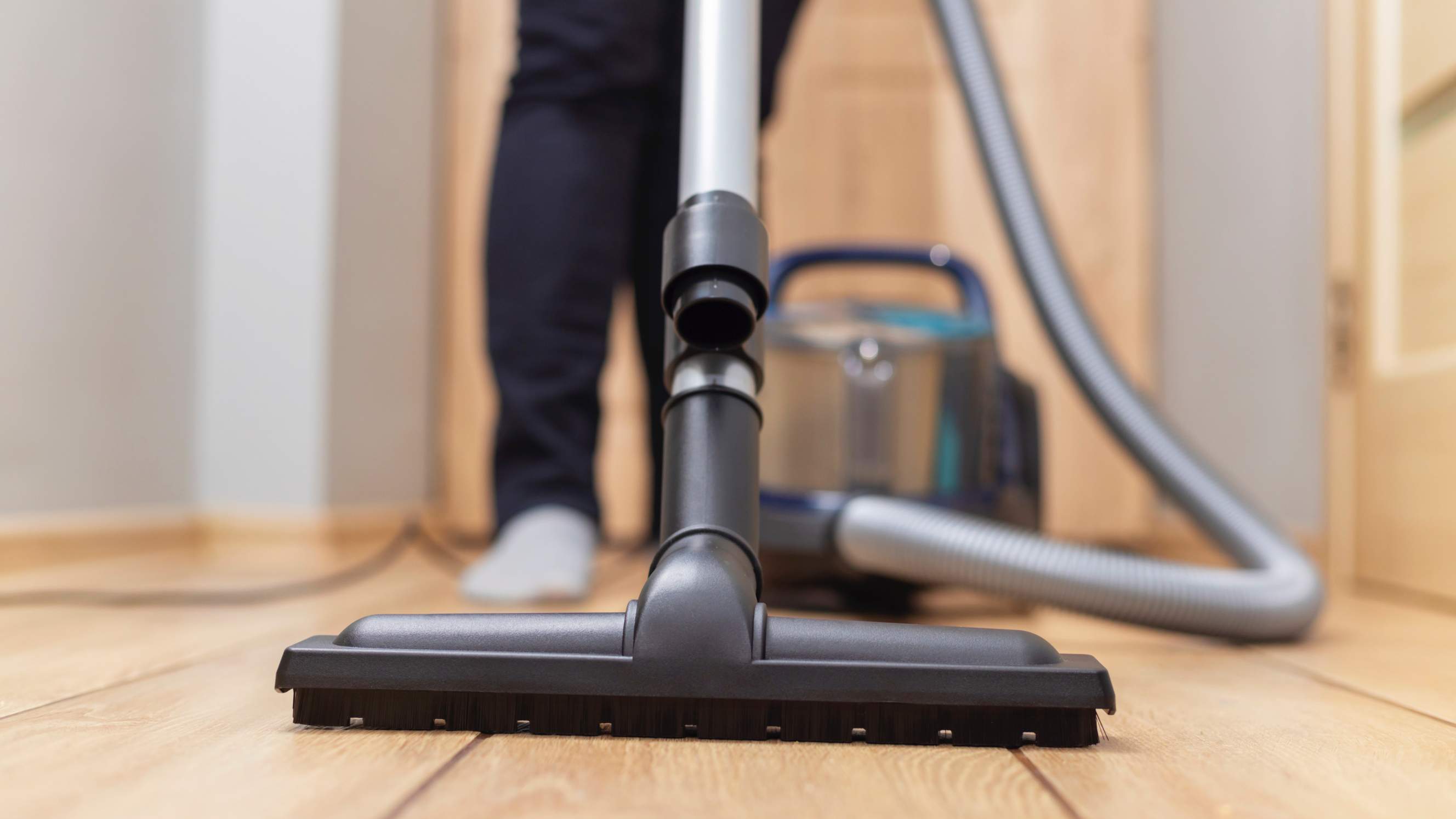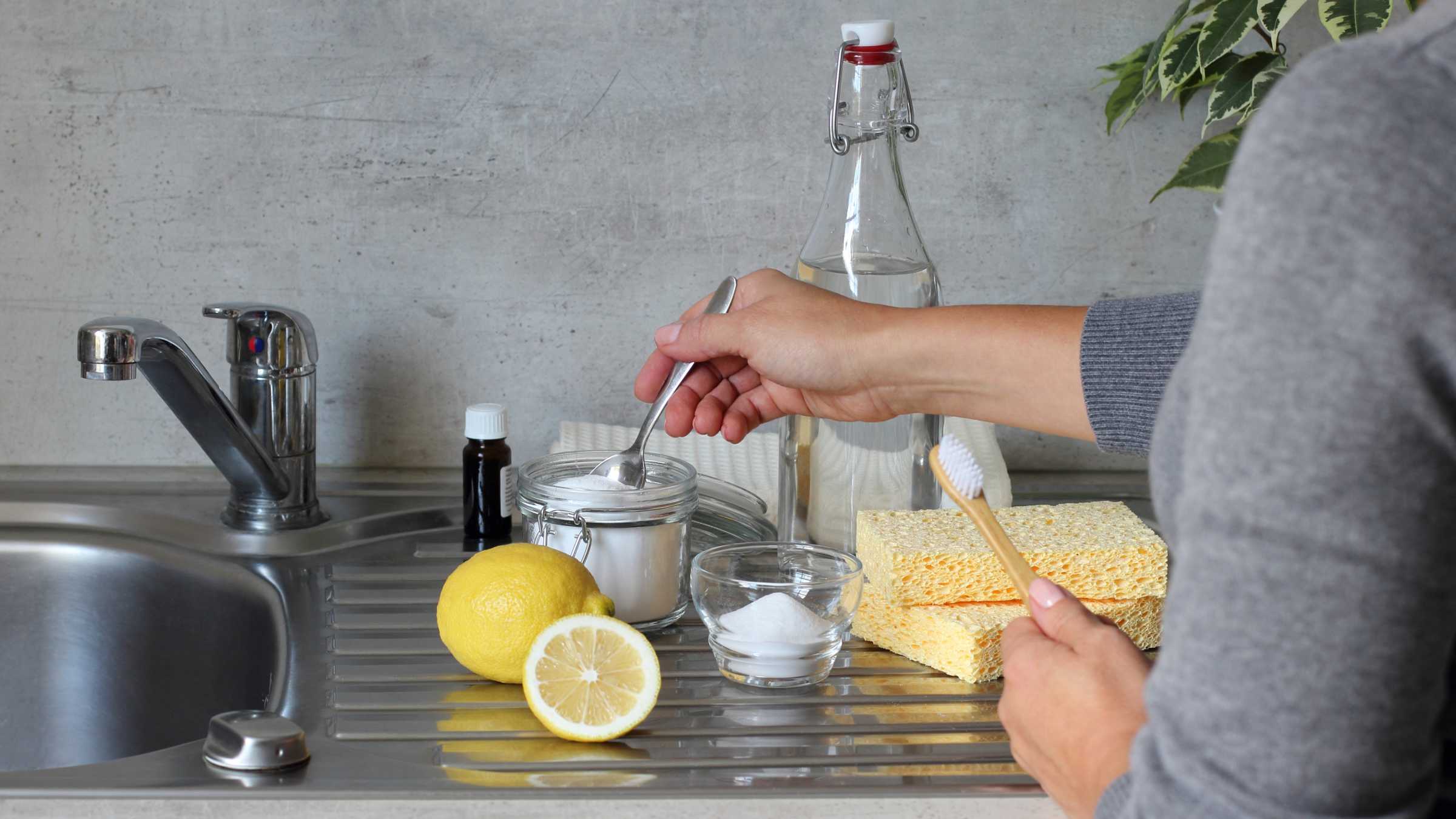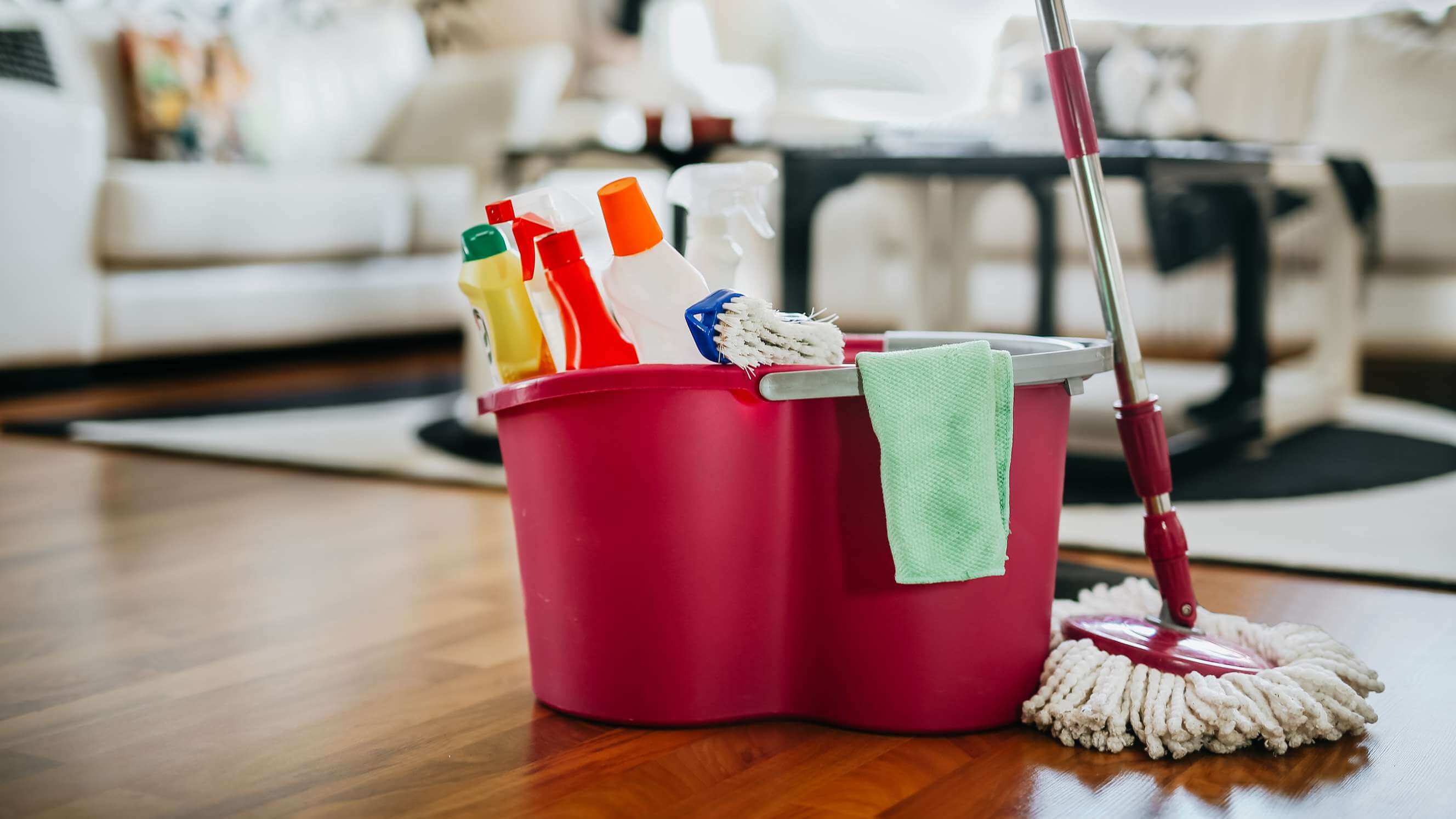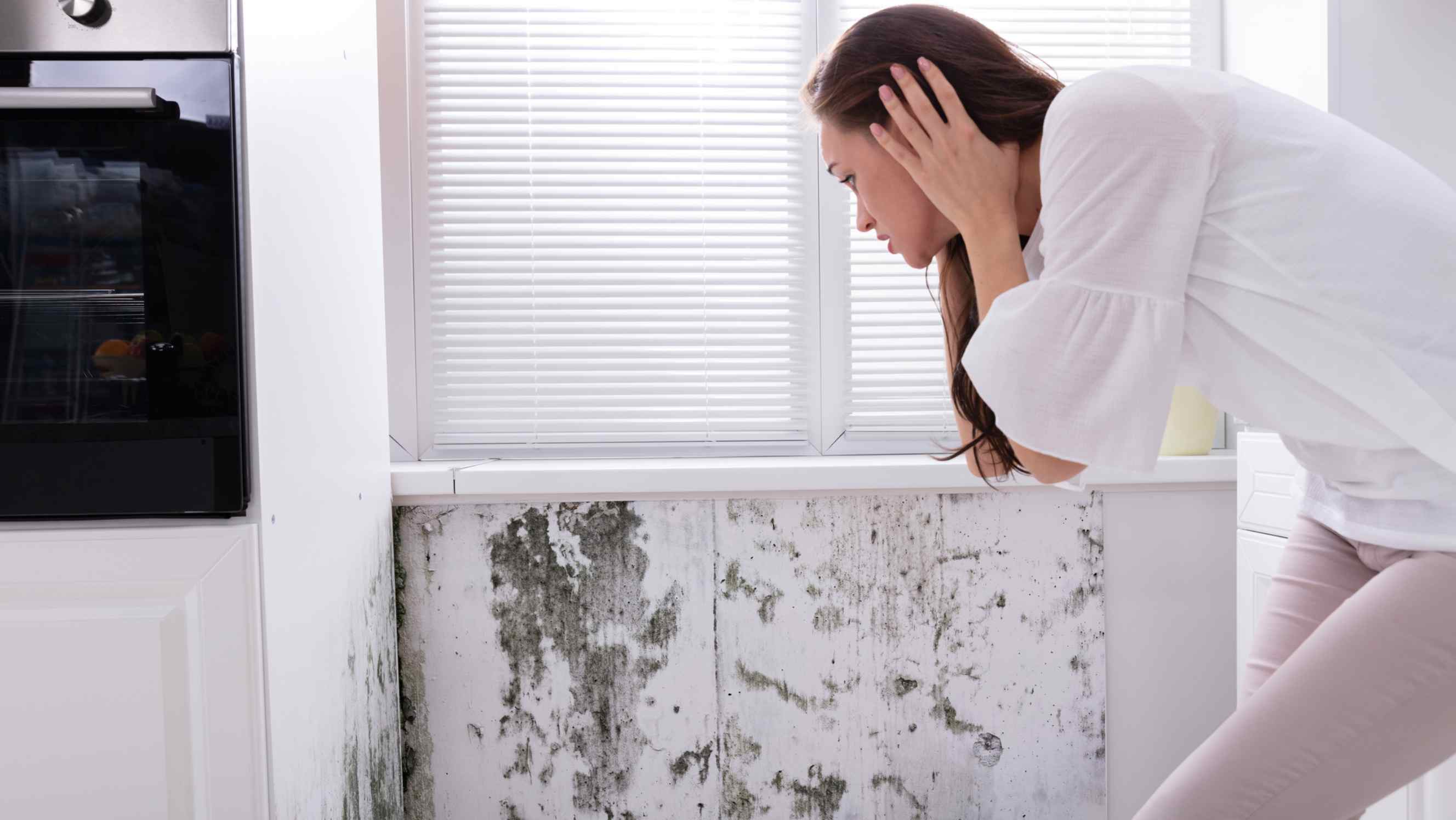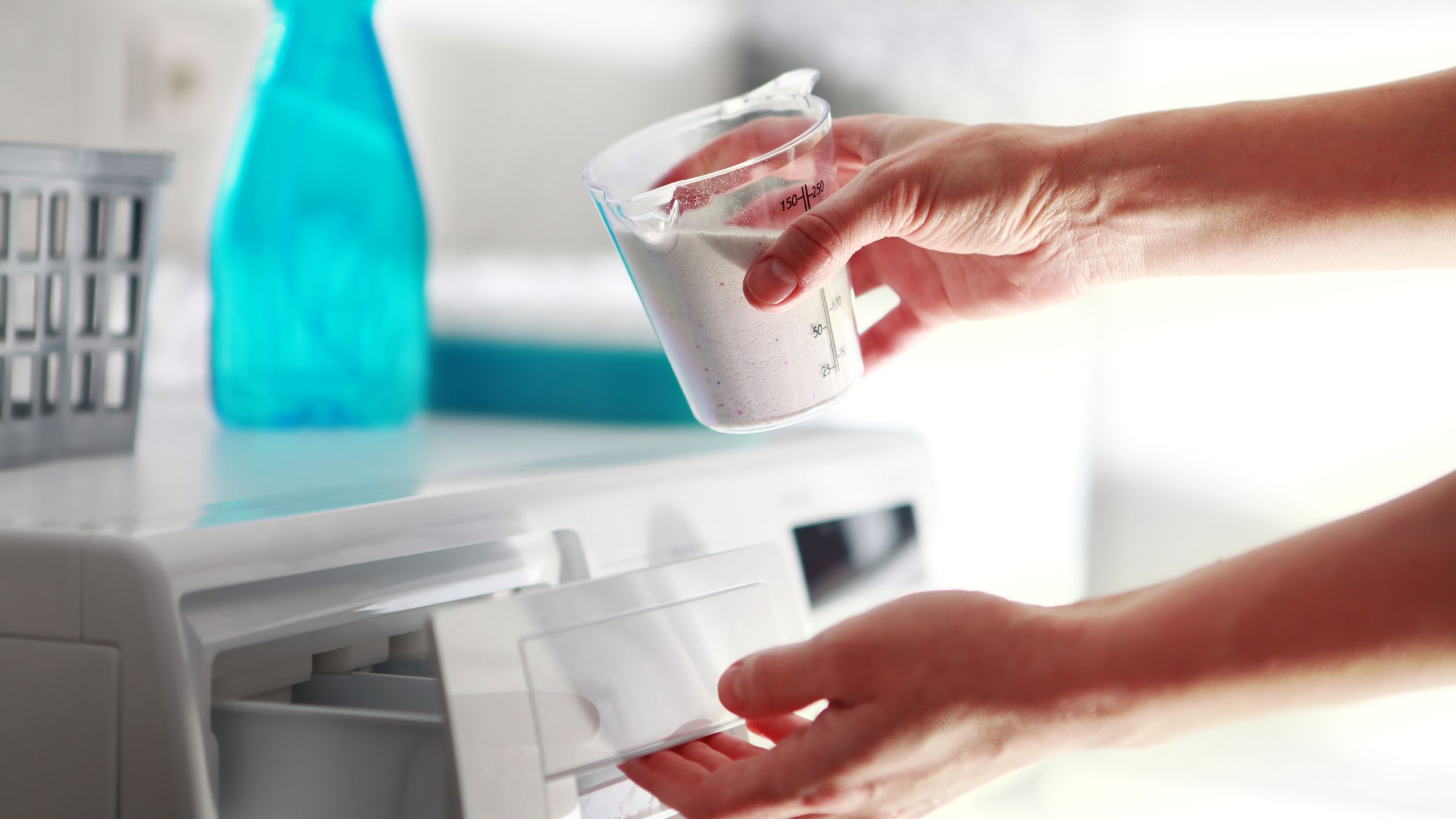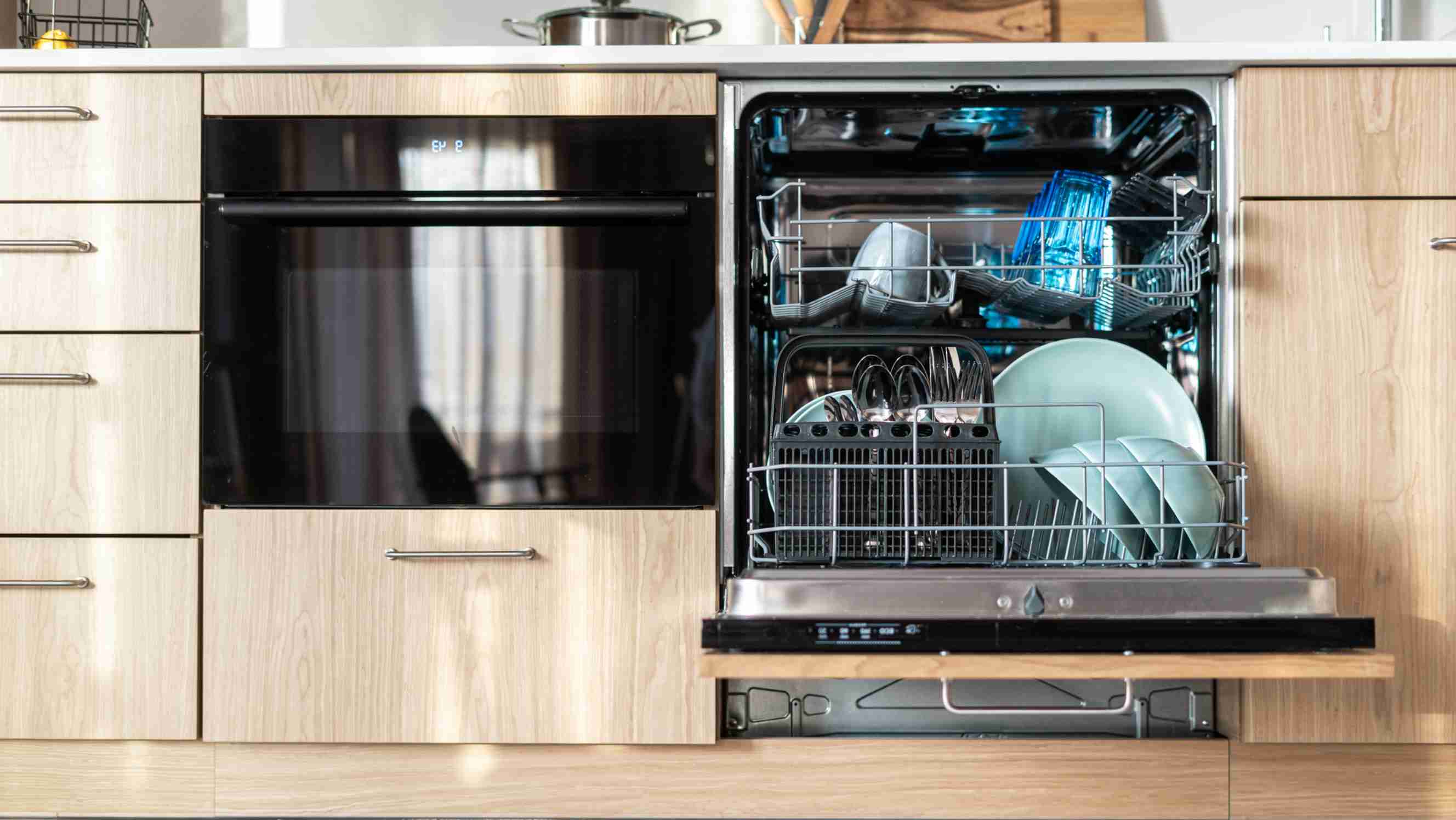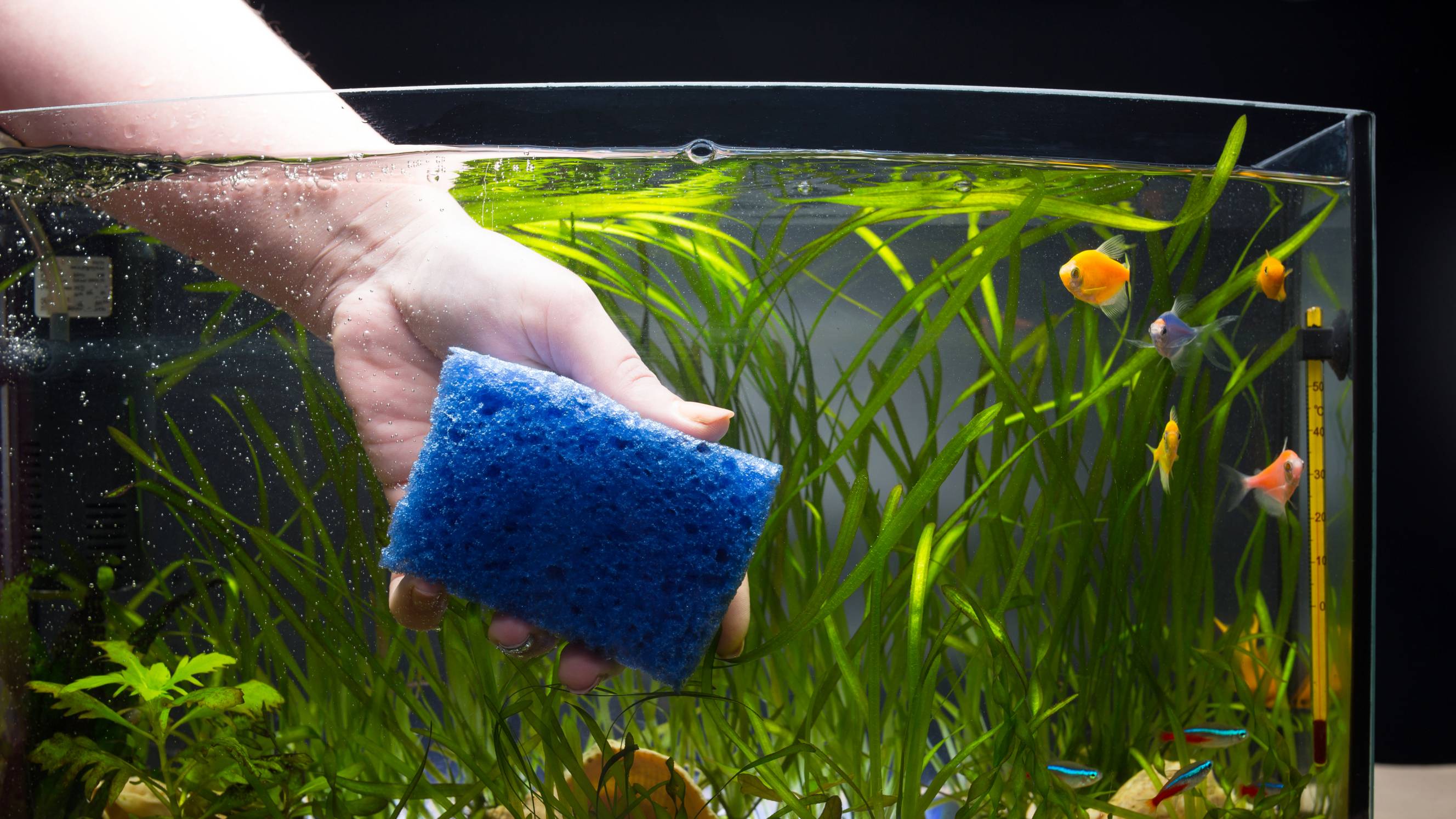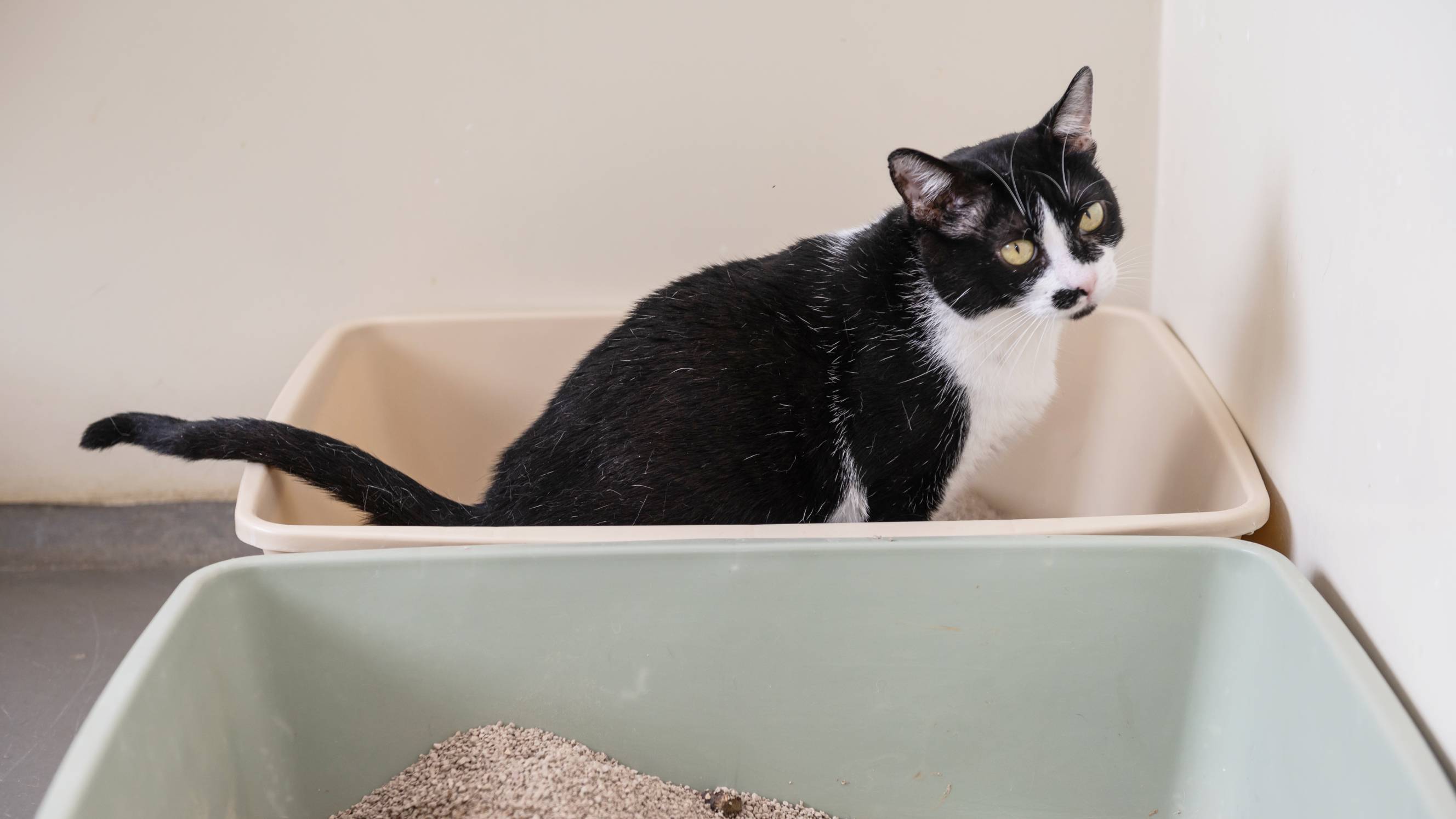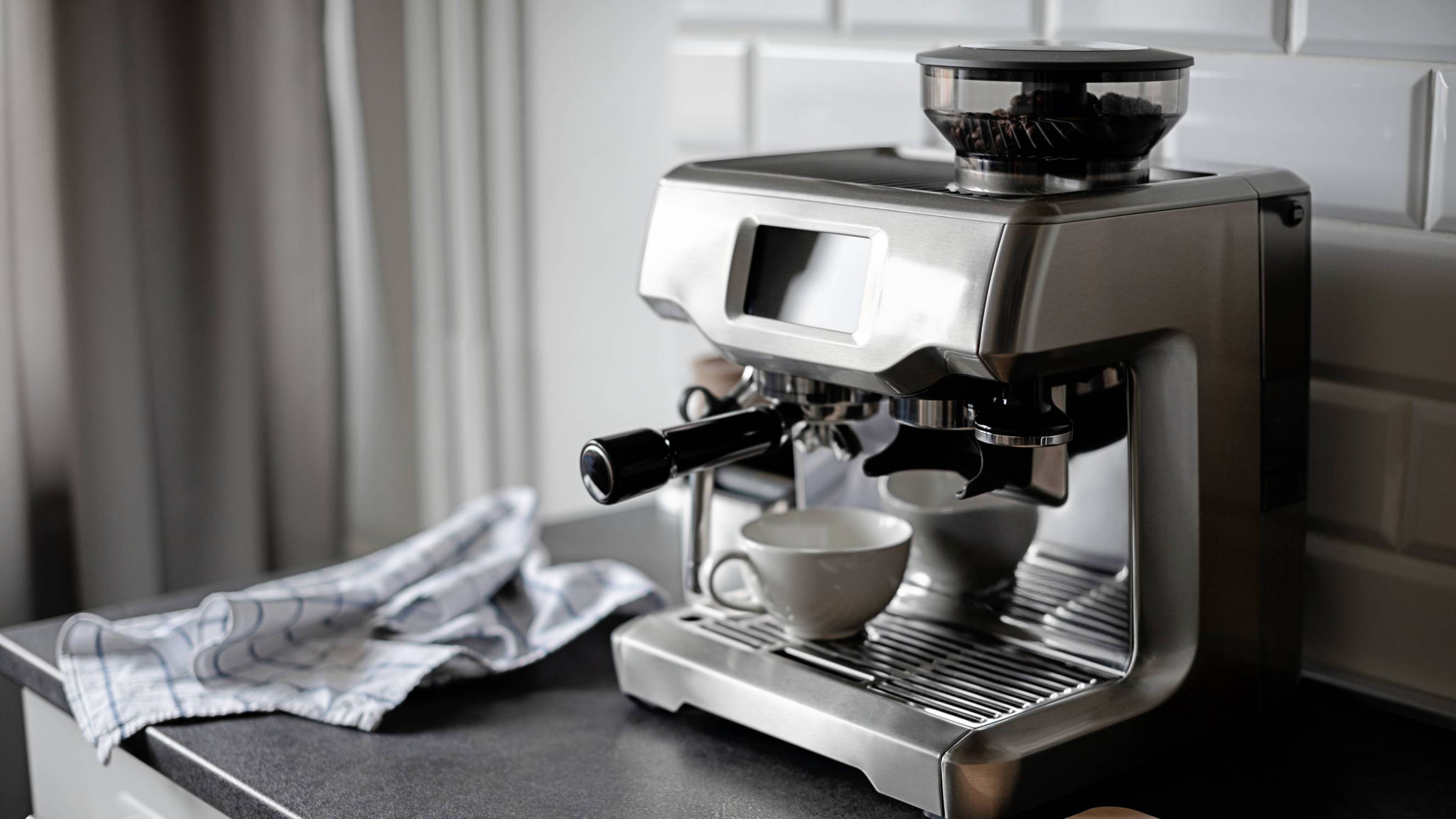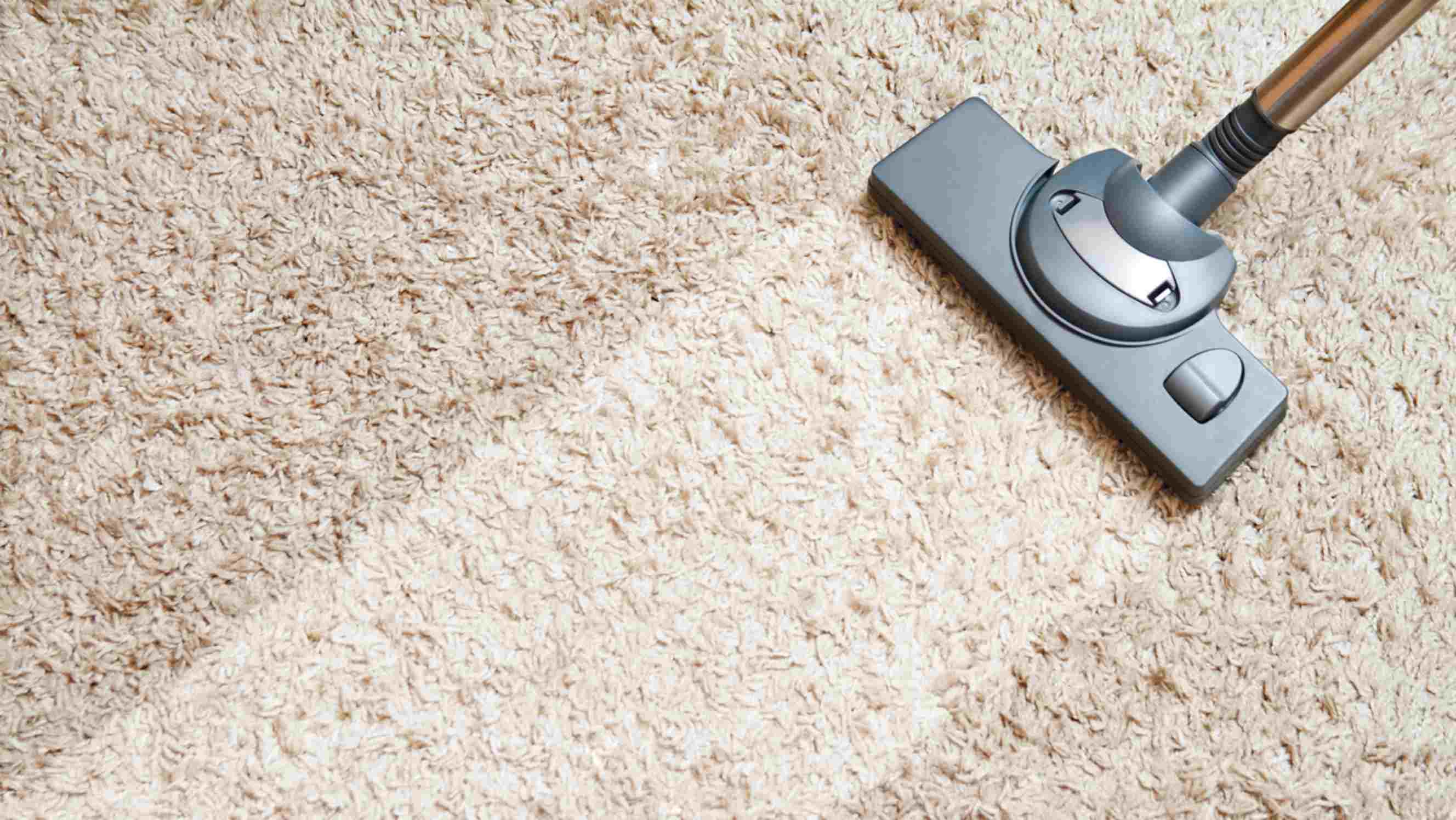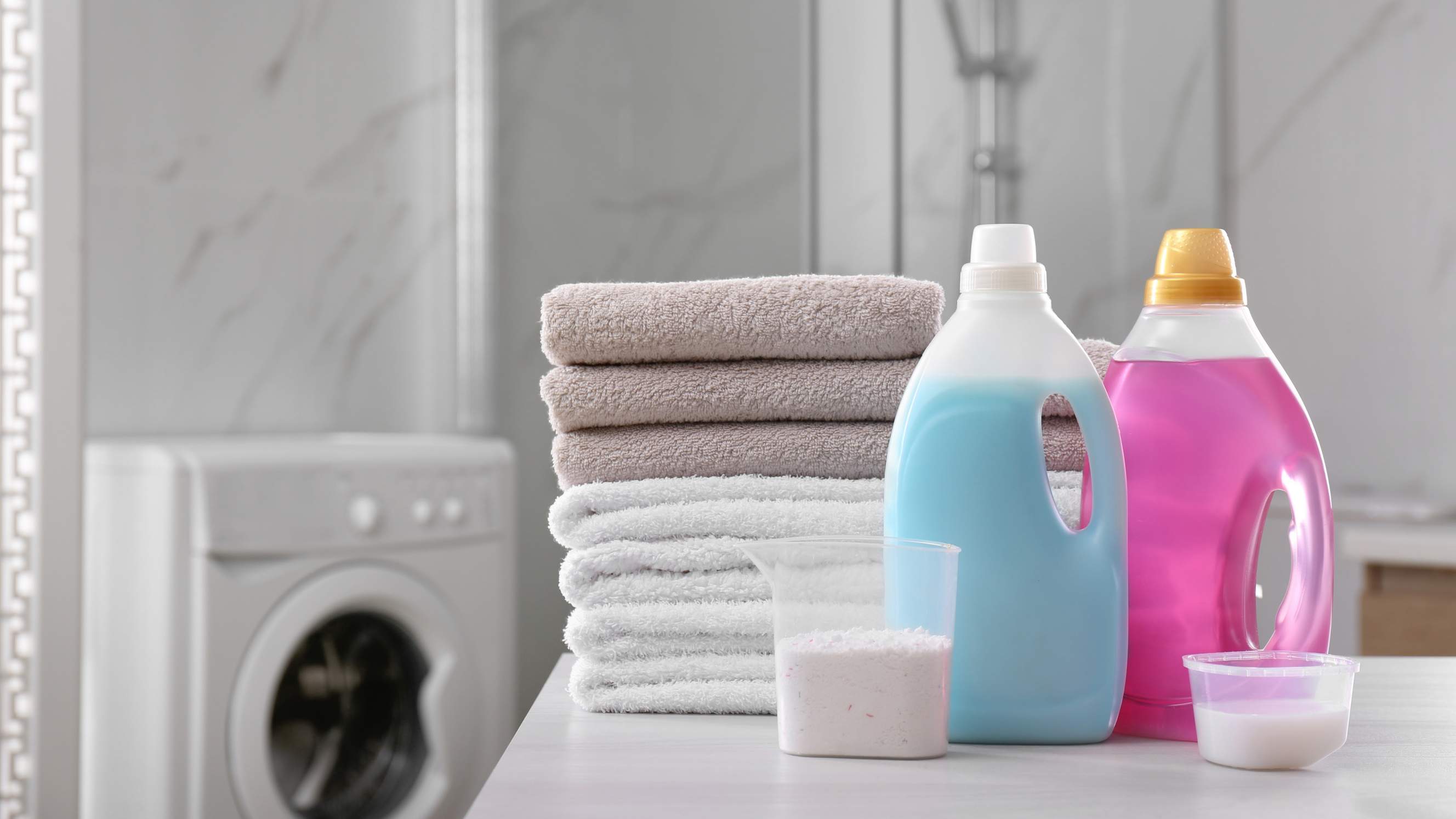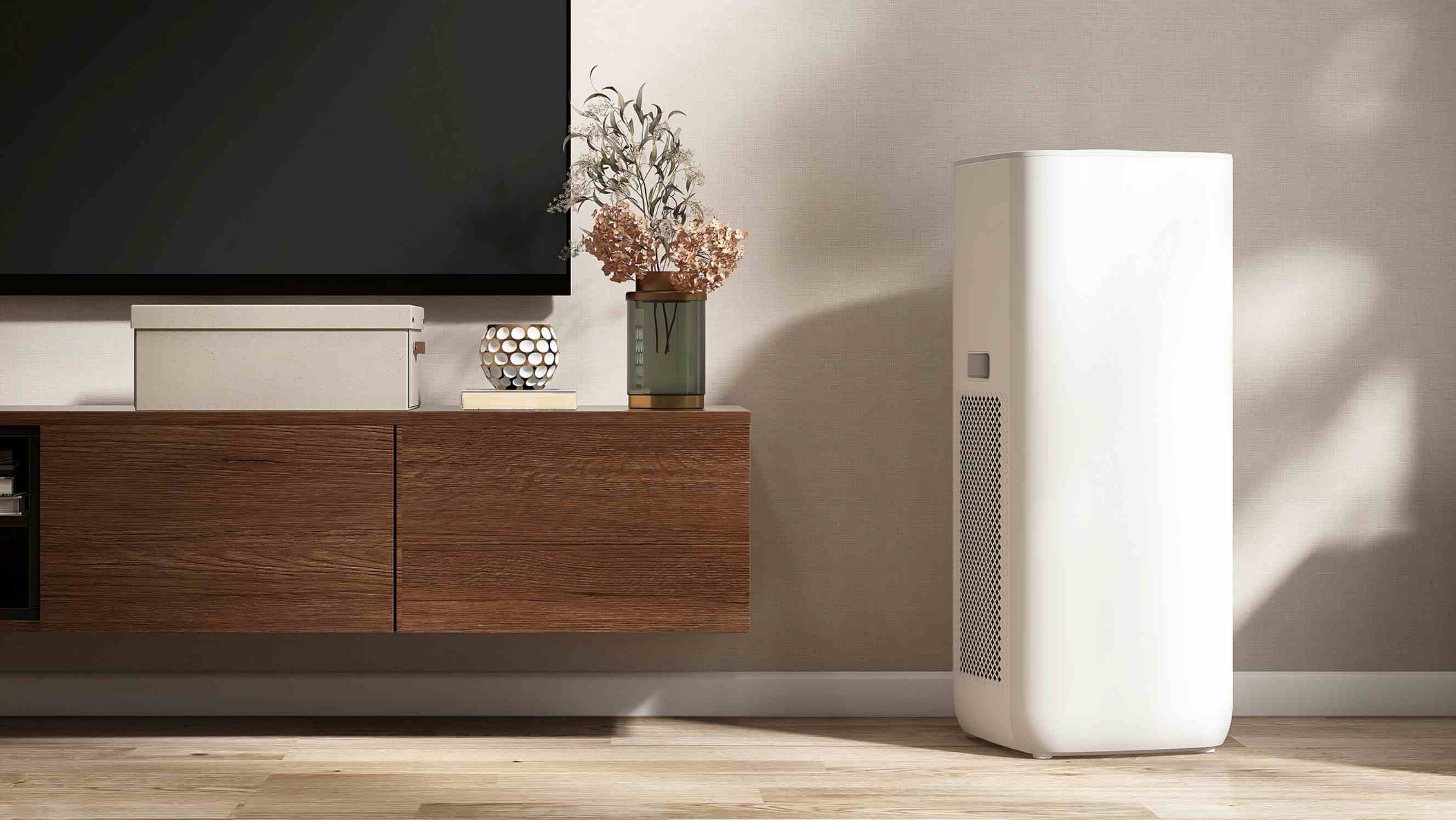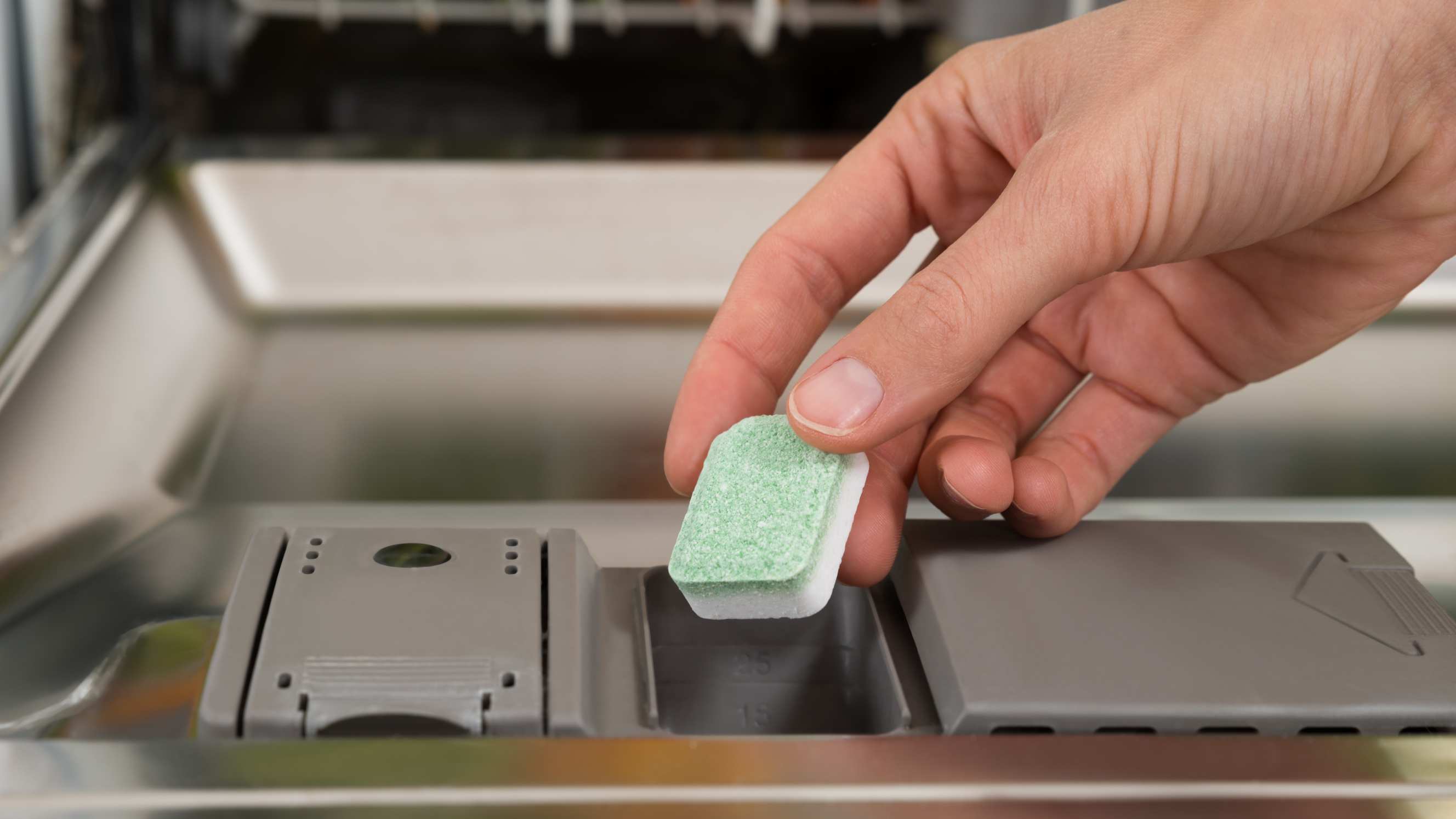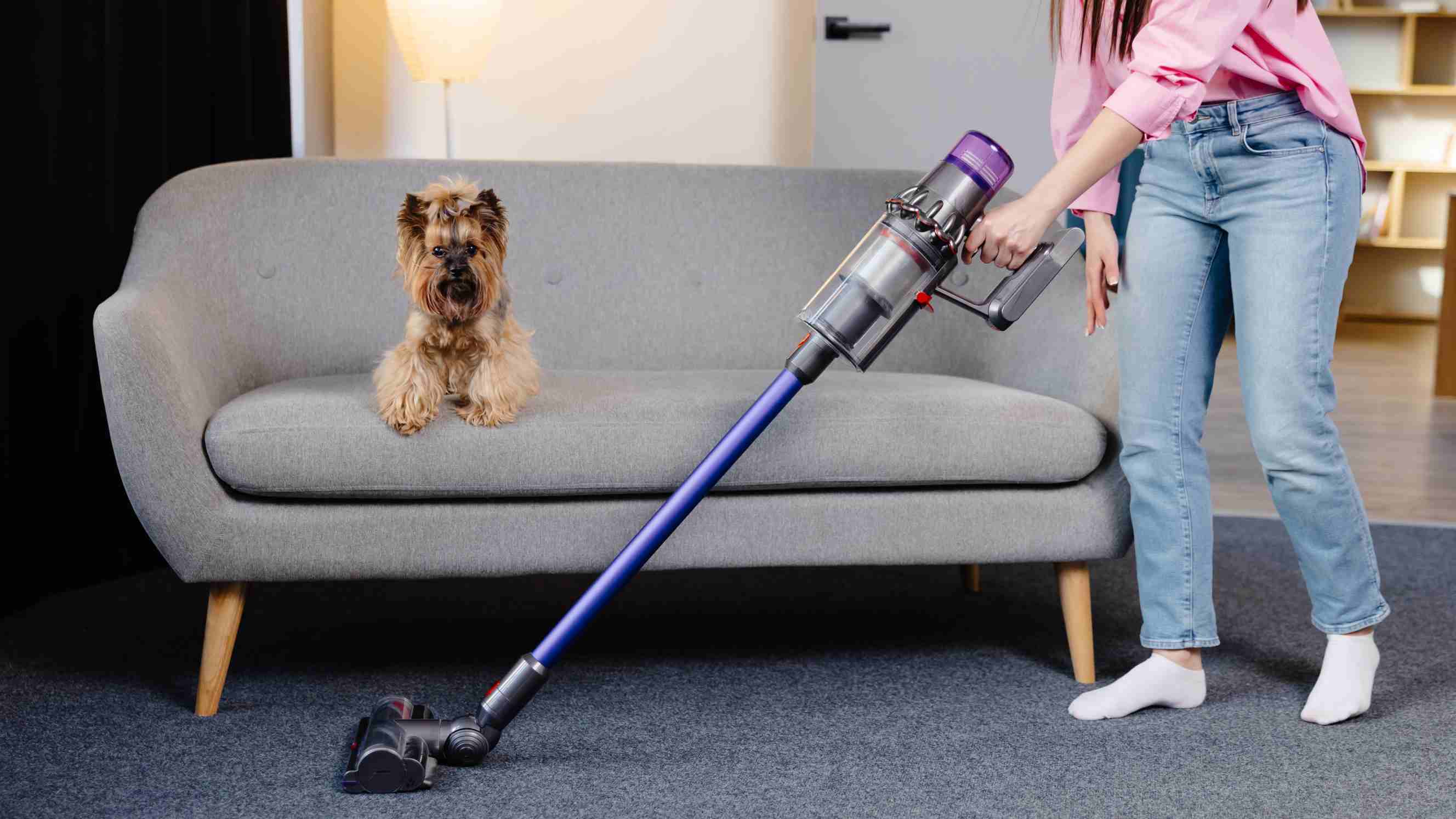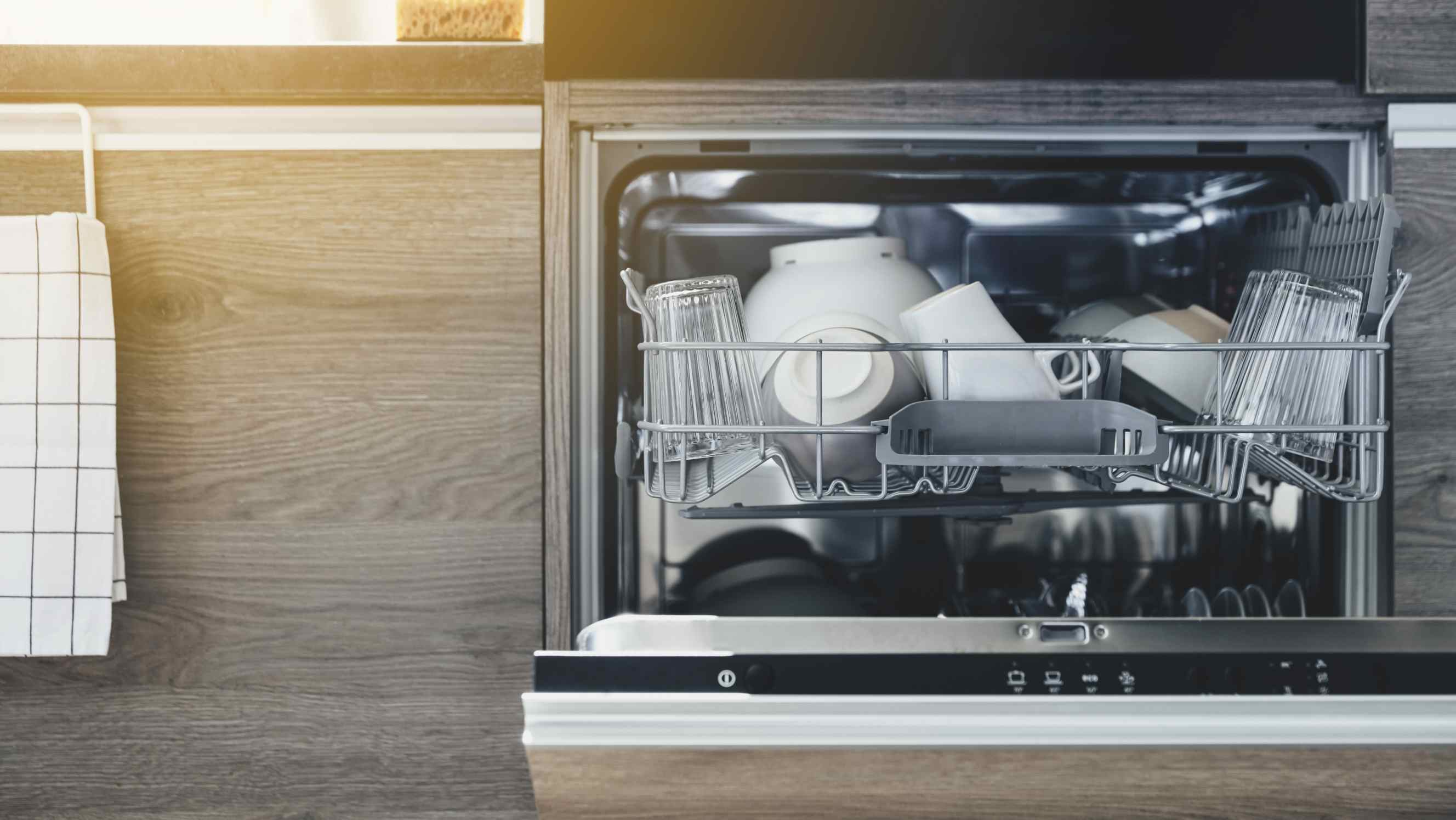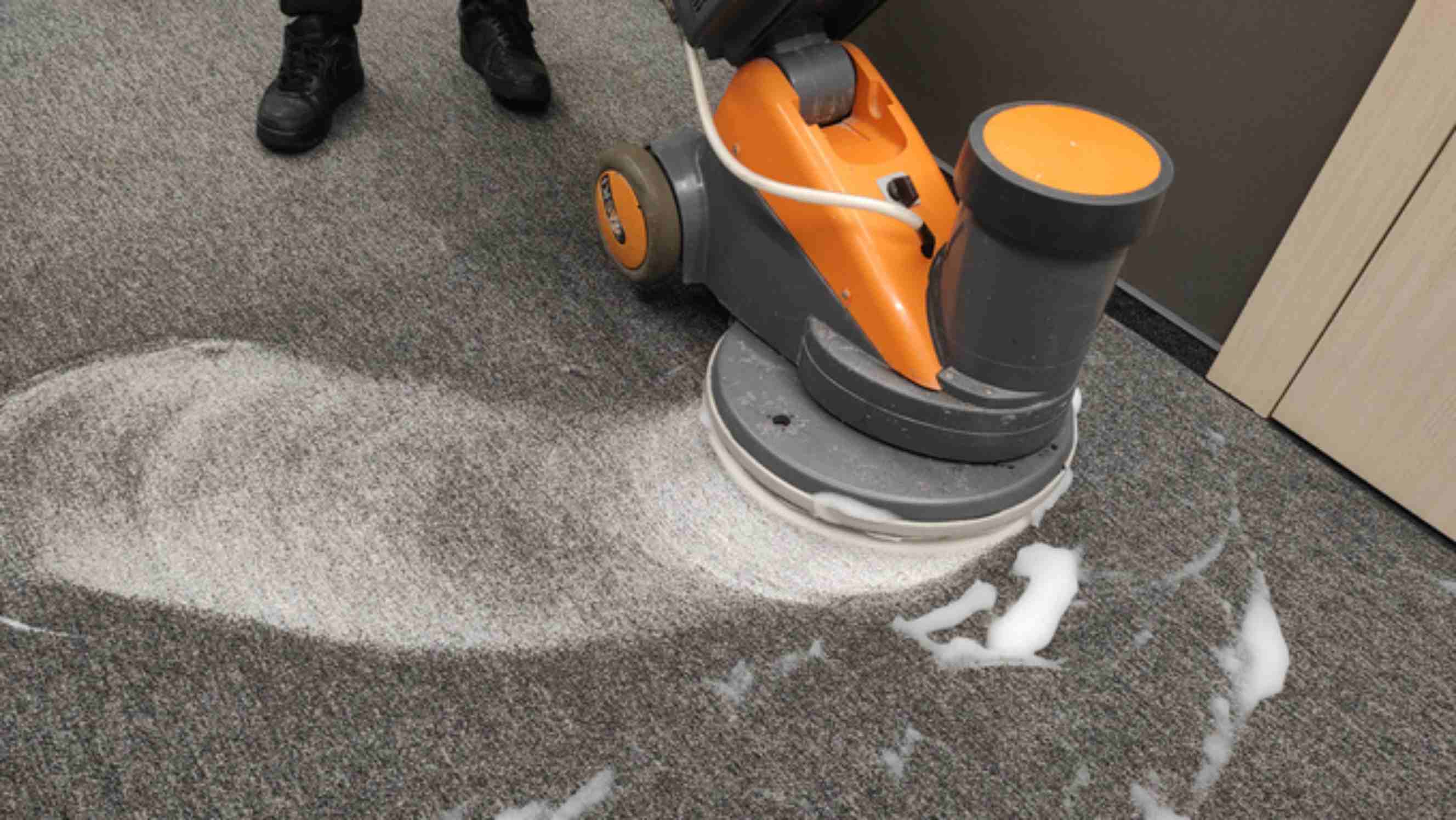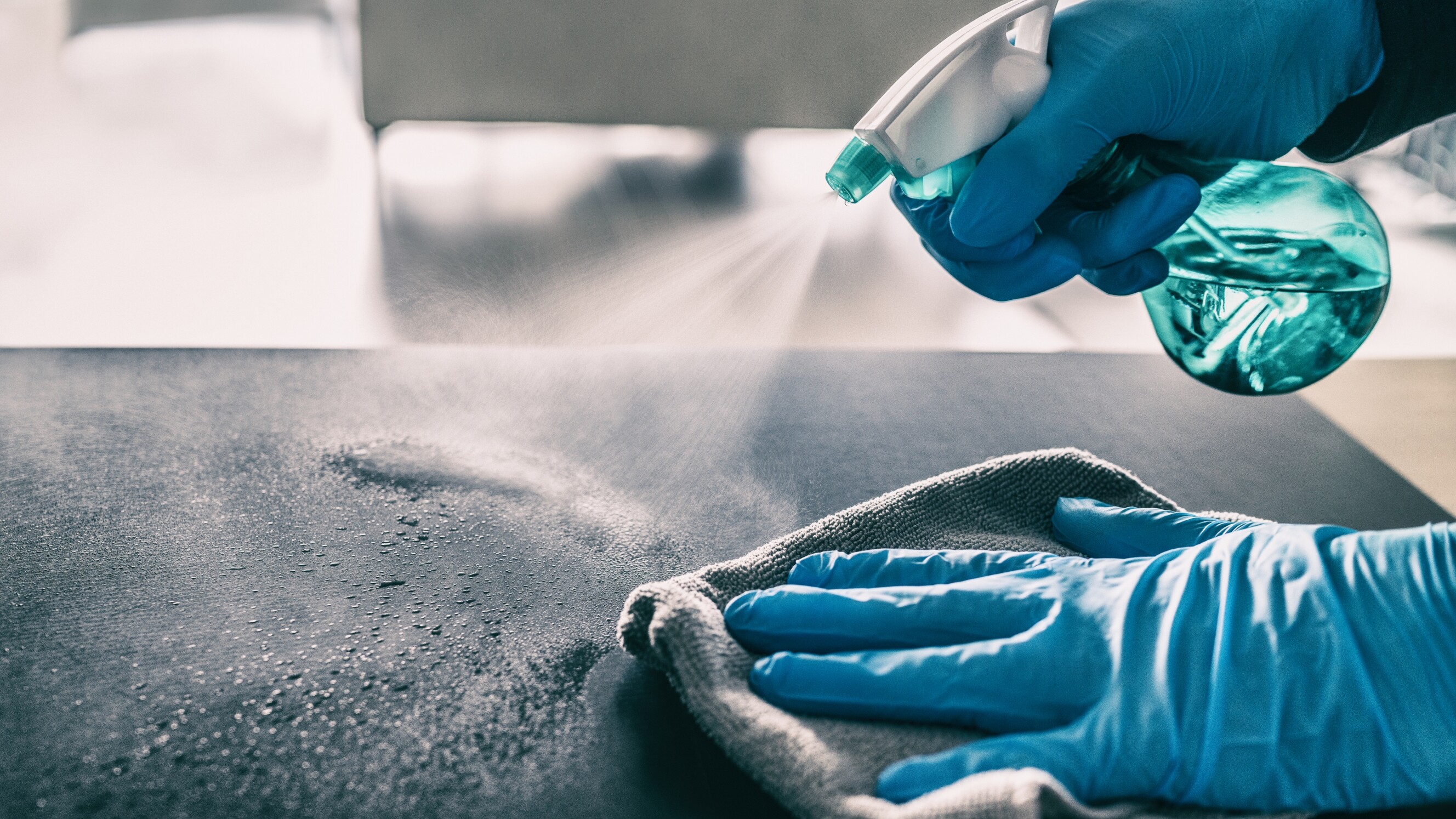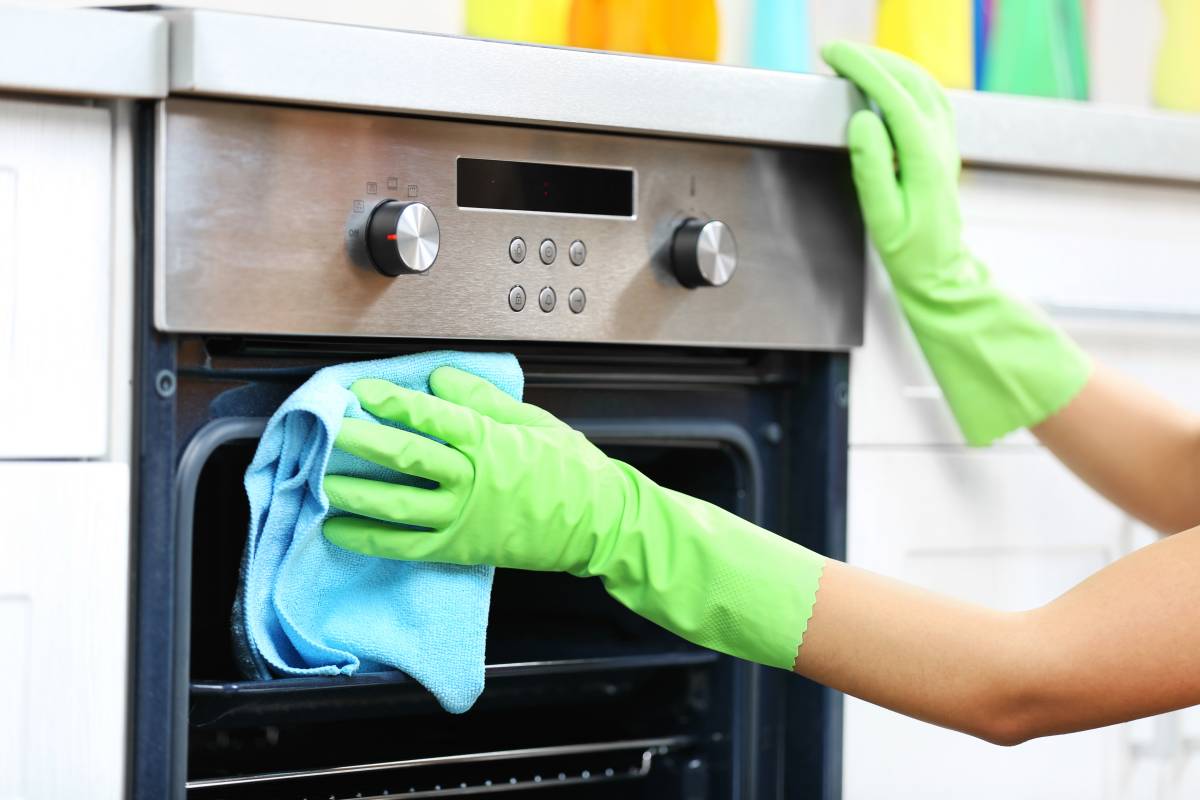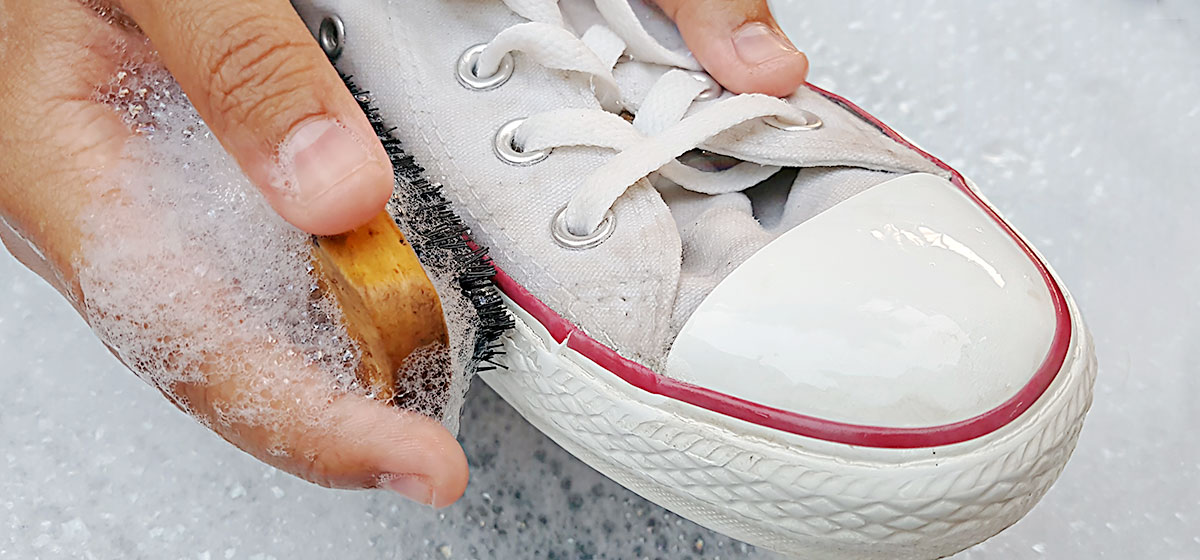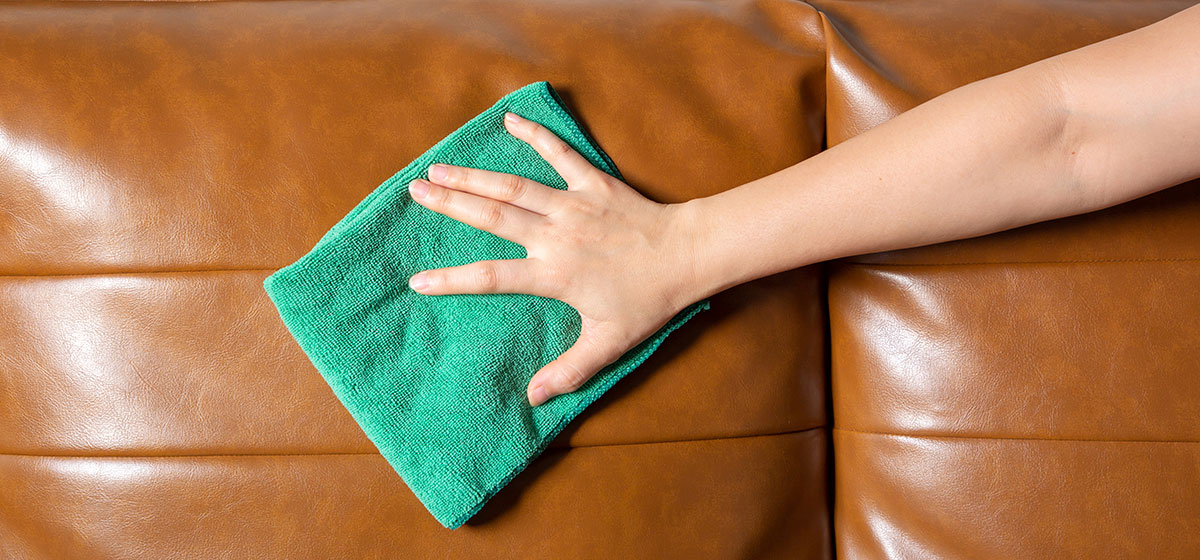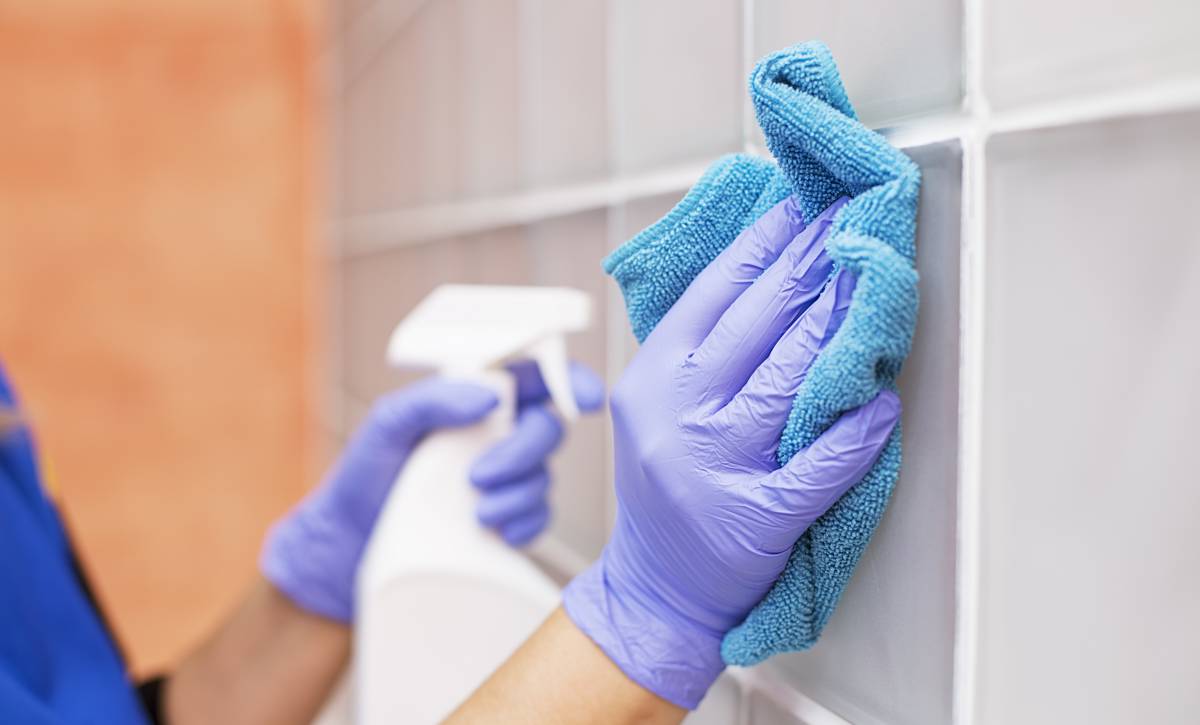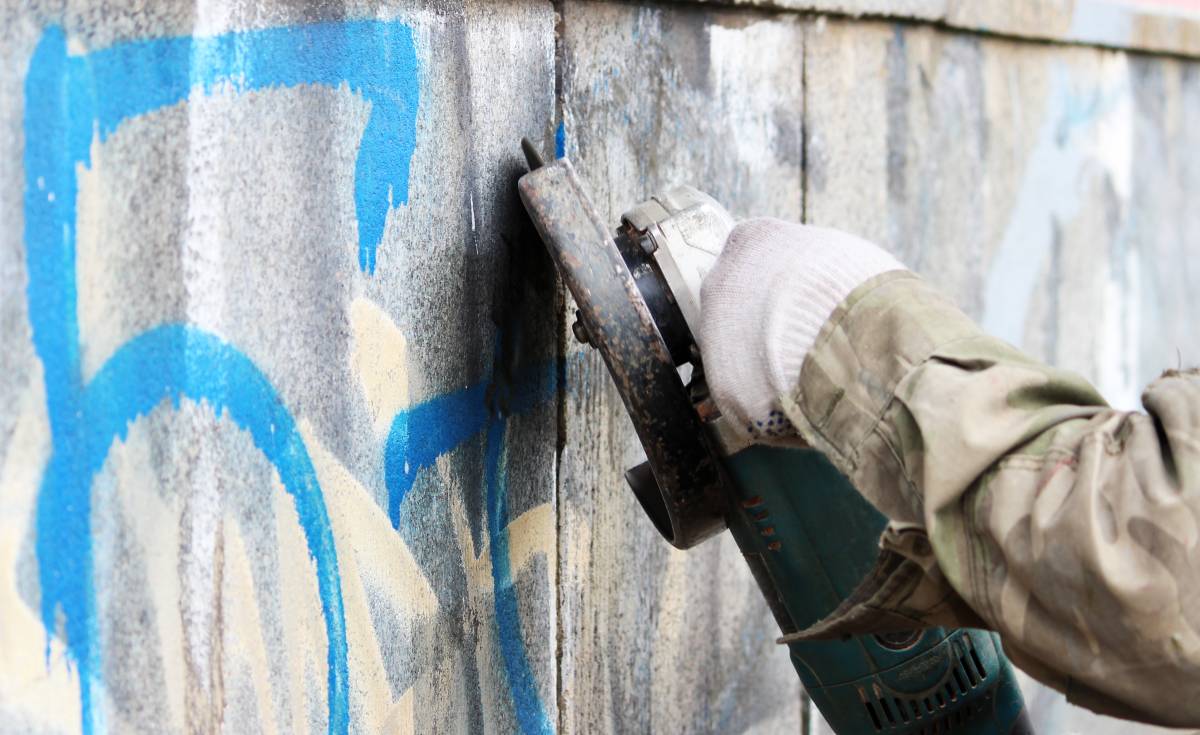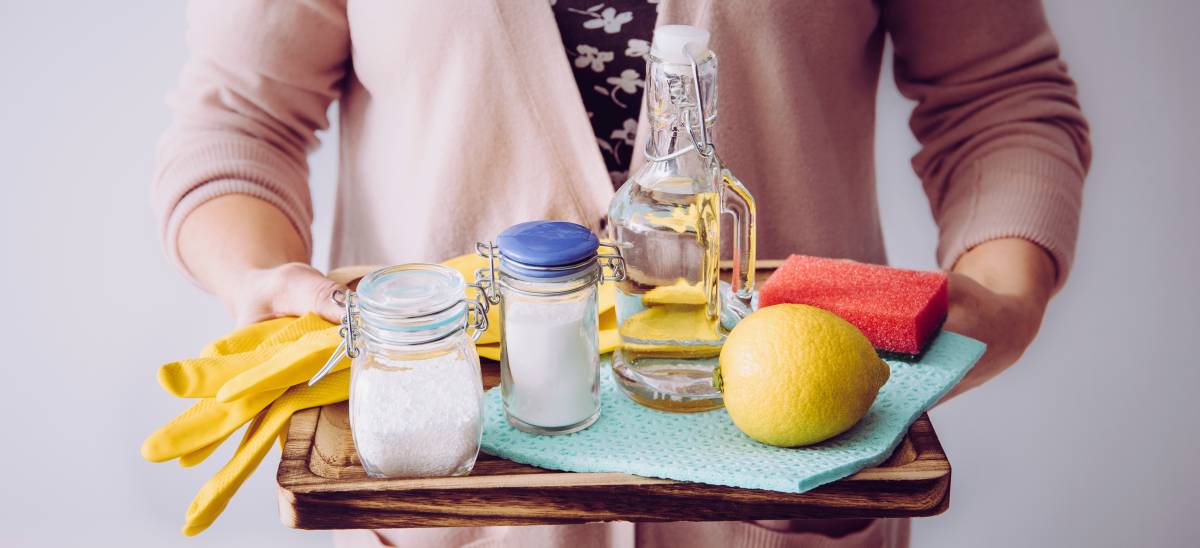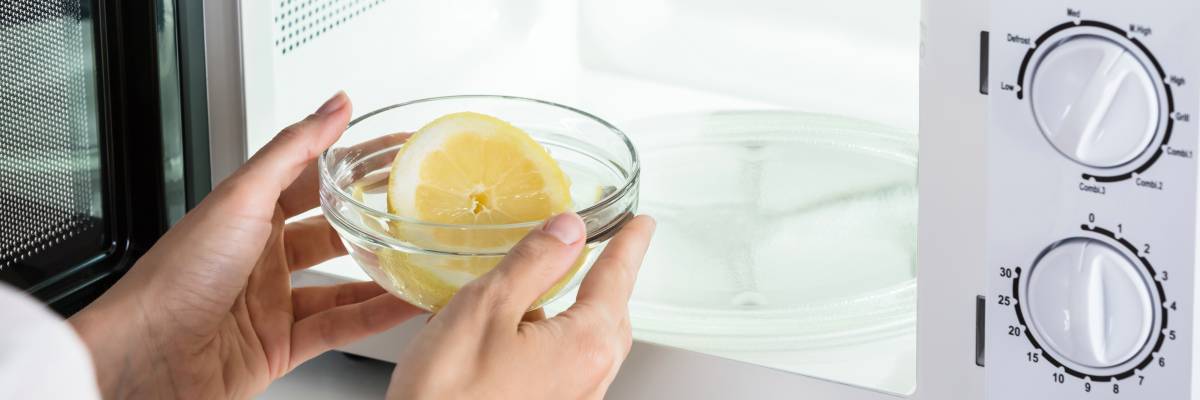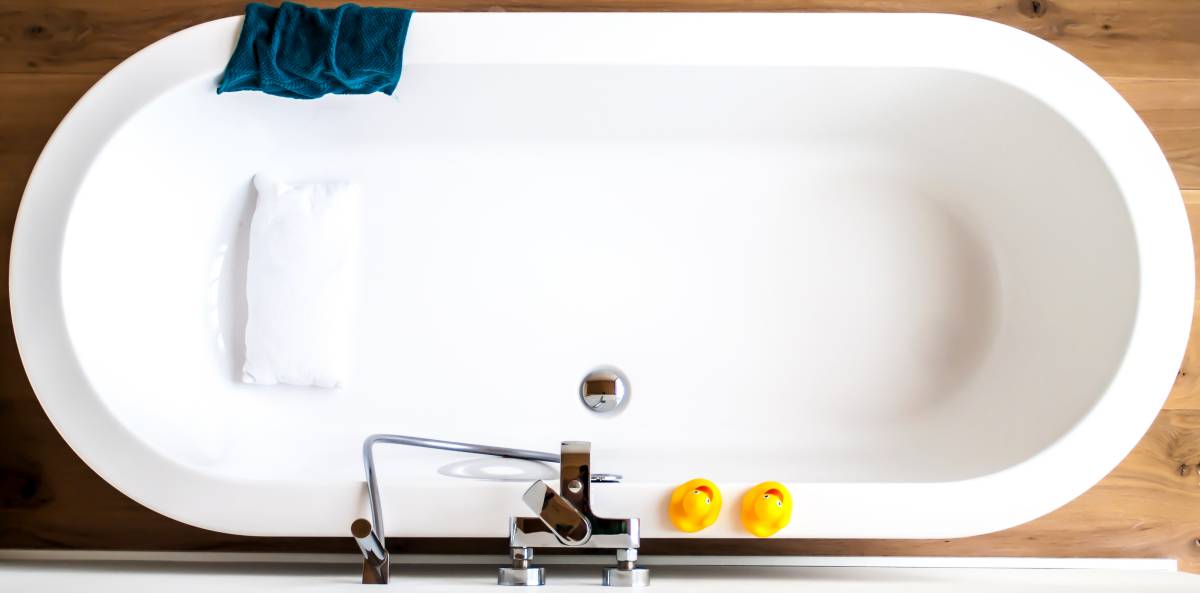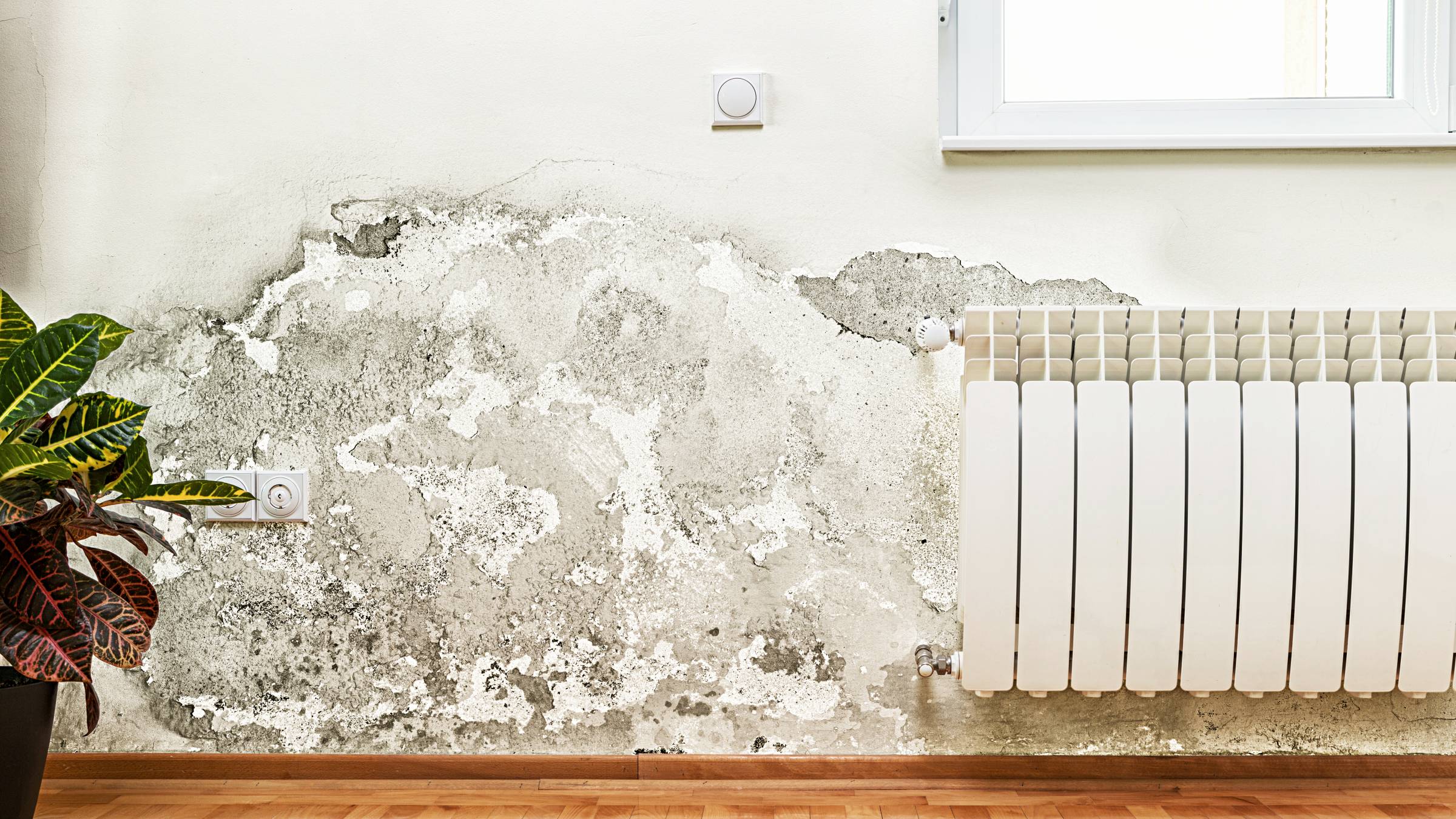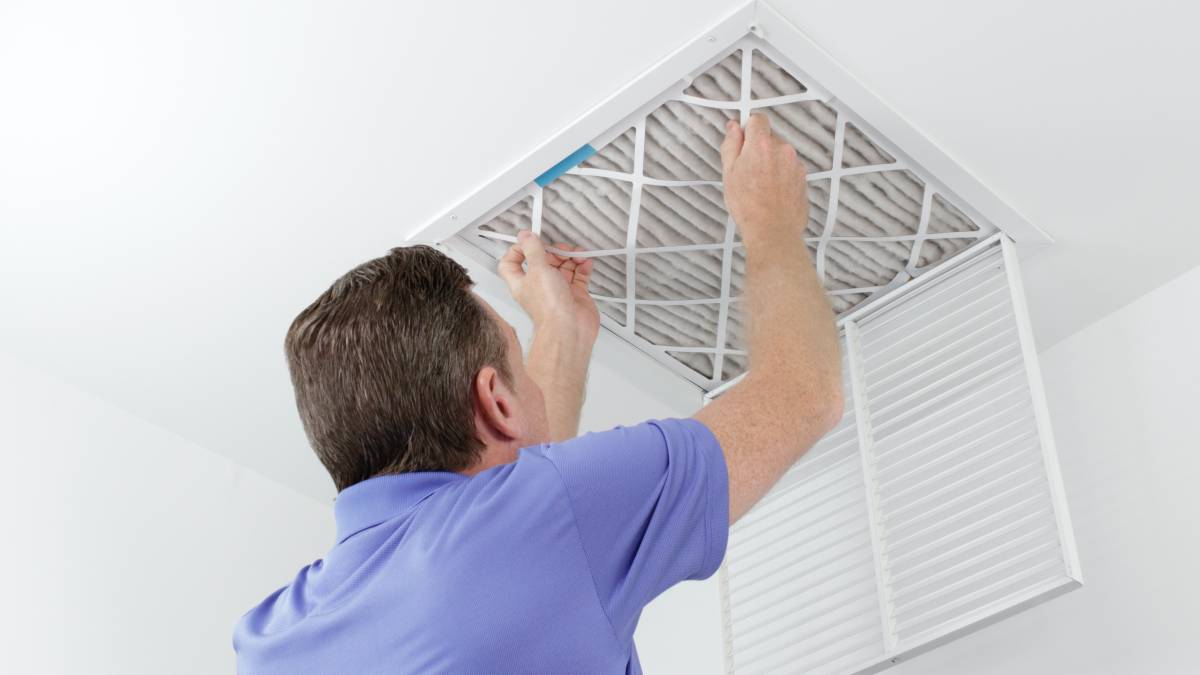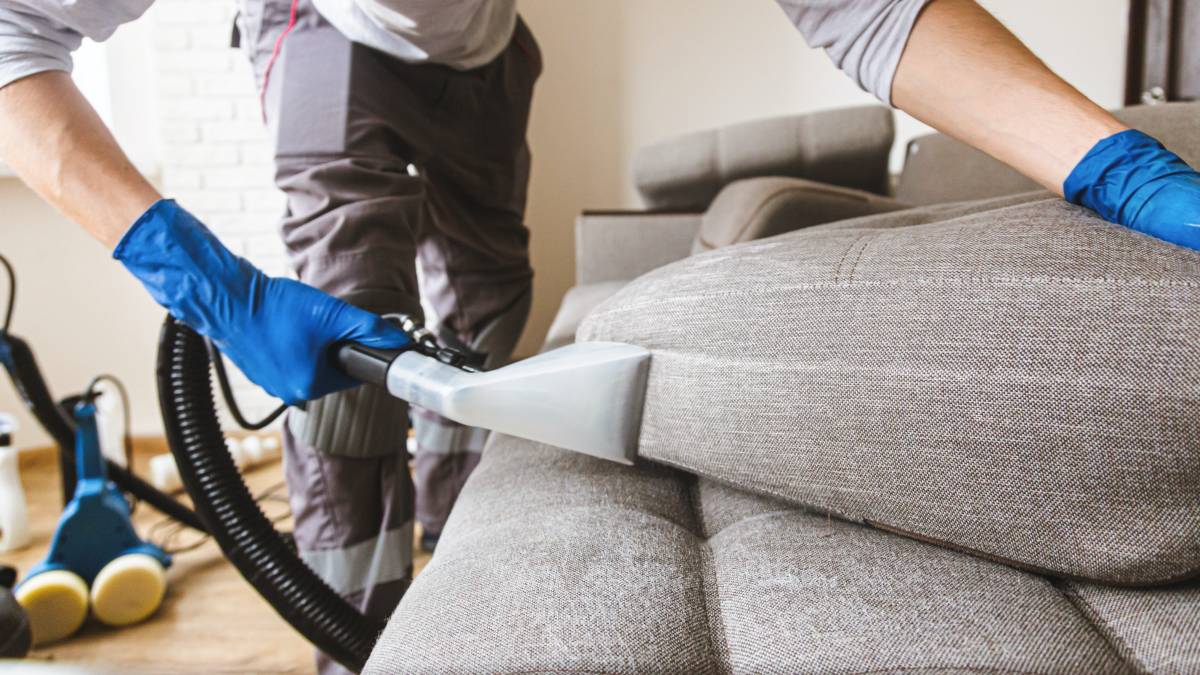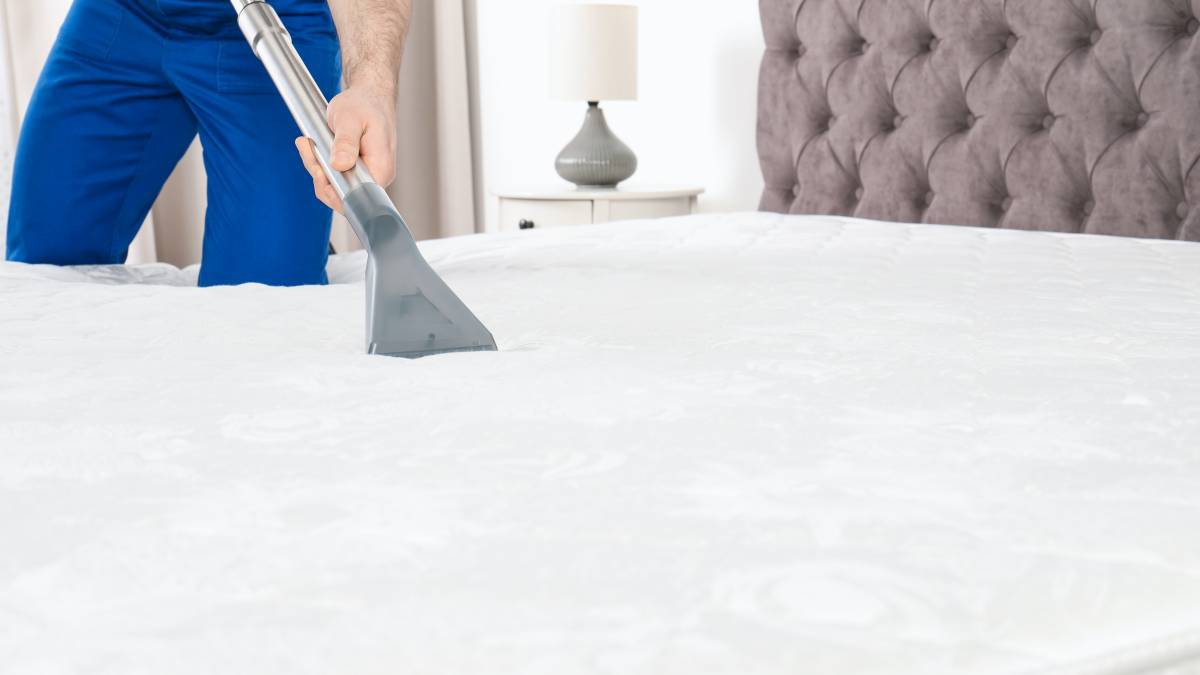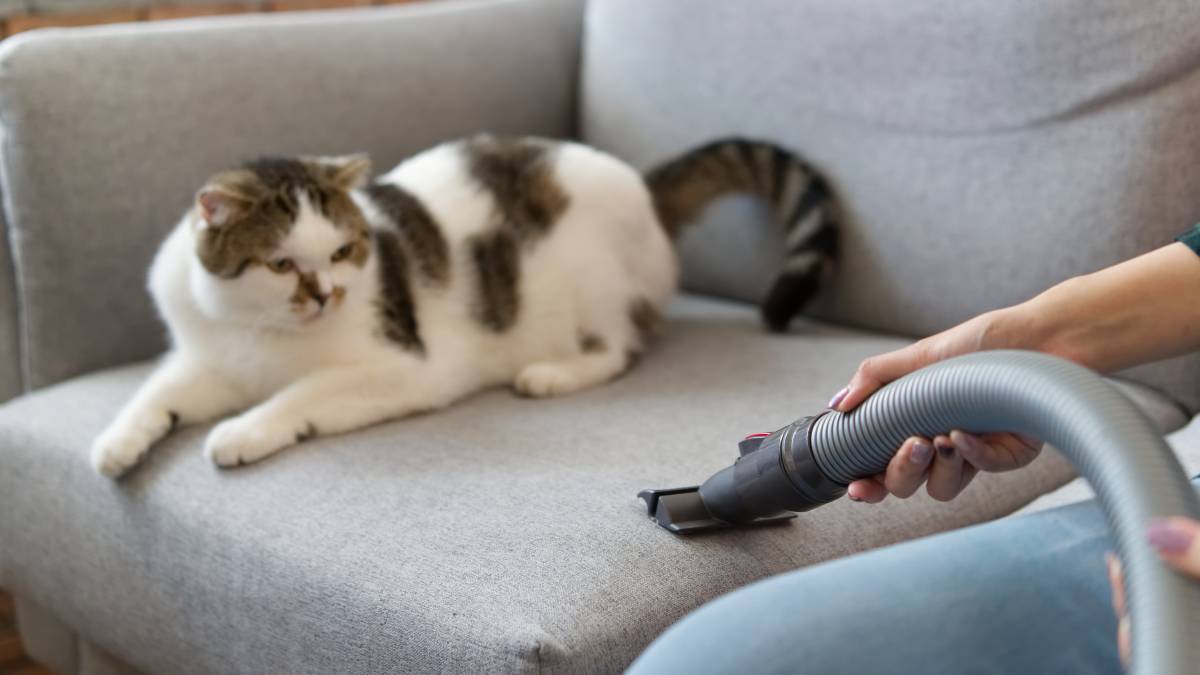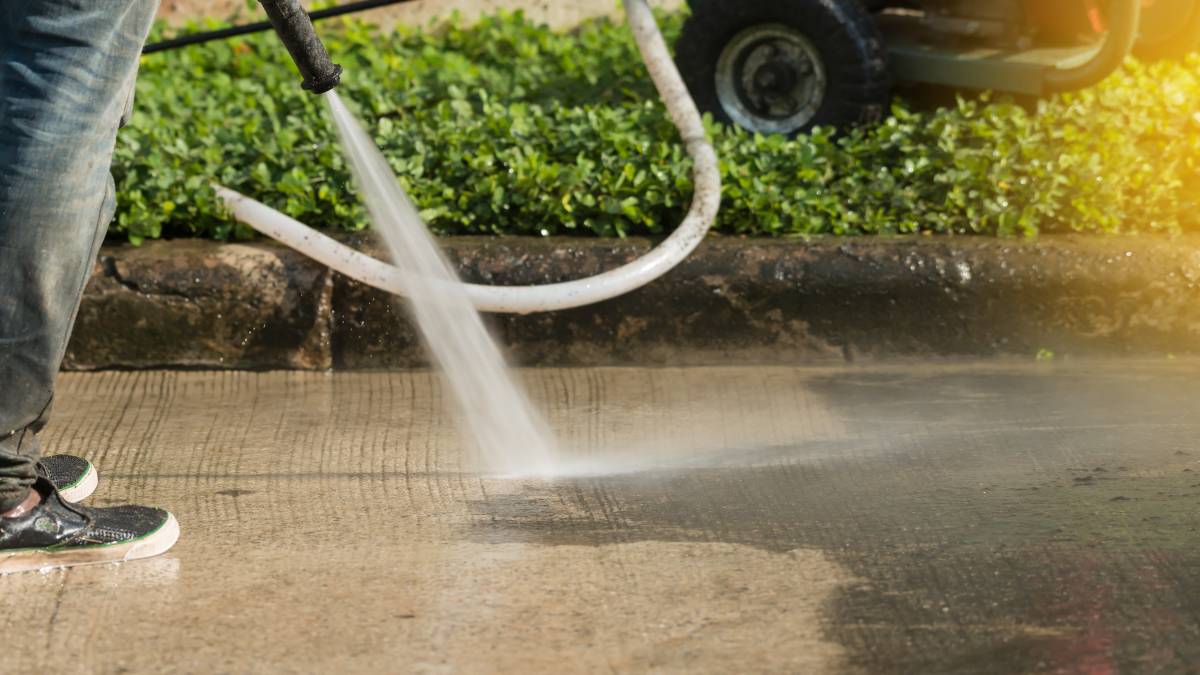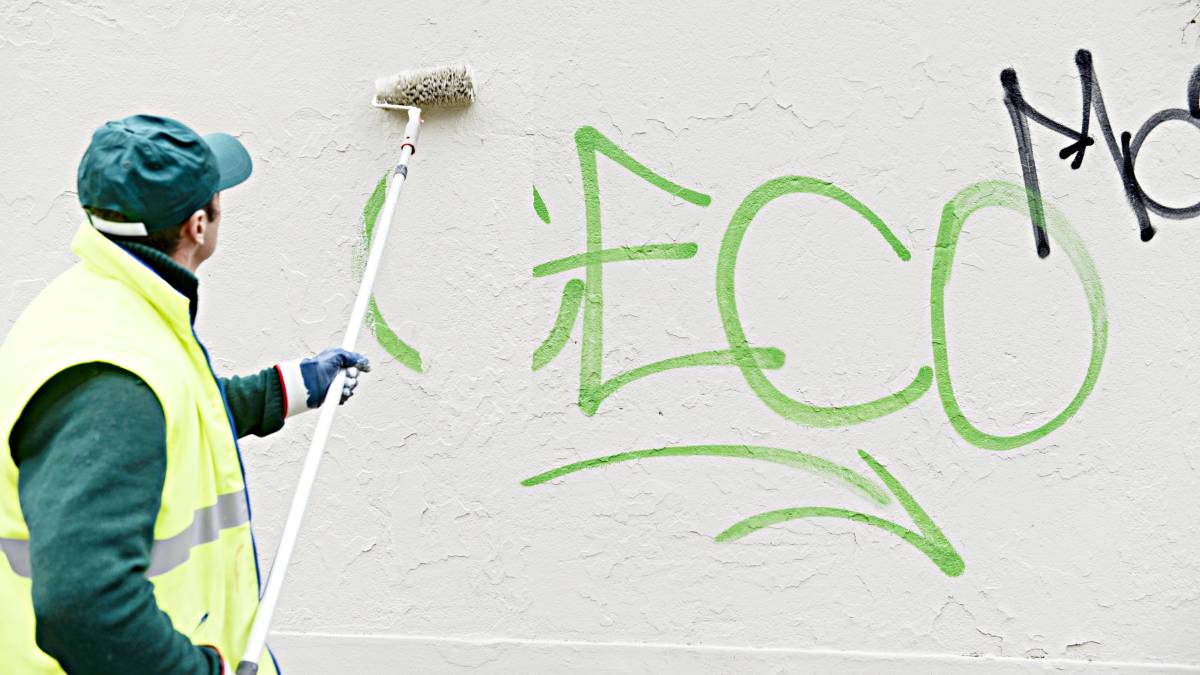- Home/
- Comparisons/
- Cleaning/
- Carb Cleaner vs Brake Cleaner
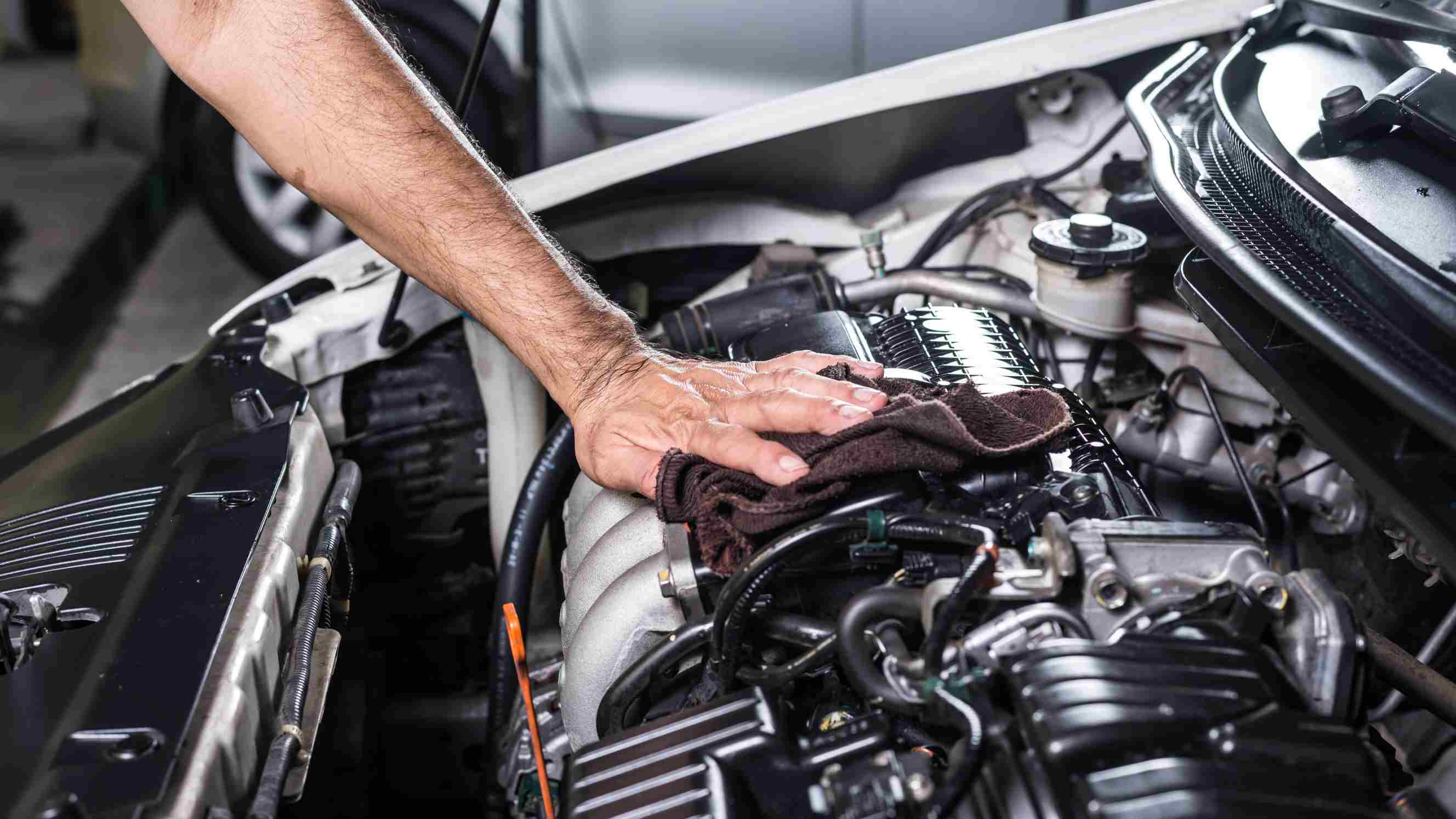
Carb cleaner vs brake cleaner: Which one do you need?
Comparing carb cleaners and brake cleaners based on their composition, cleaning purpose, application, and more.
Hire a cleaning expertLast Updated on
Key Facts
- A carb cleaner is a chemical solution made for cleaning carburettors without damaging their delicate parts.
- A brake cleaner is a fluid that removes oil, dirt, and debris from the discs, pads, and other brake components.
Most people think that all a car needs is good fuel, then you’re good to go. But the truth is that cleaning and maintenance are what make or break a vehicle. That’s why it’s important that you know what each part does and what it takes to clean each of them.
This is where the question of carb cleaner vs brake cleaner enters the picture. Like you, many car owners–both novice and experienced ones–are confused about these two solutions. They’re often advertised the same way and are stored in similar-looking containers. No wonder many are unsure.
This comparison guide will talk about carb cleaner vs brake cleaner in detail. By the end, you’ll be able to distinguish between them and choose which is best for your current car maintenance needs.
What is a carb cleaner?
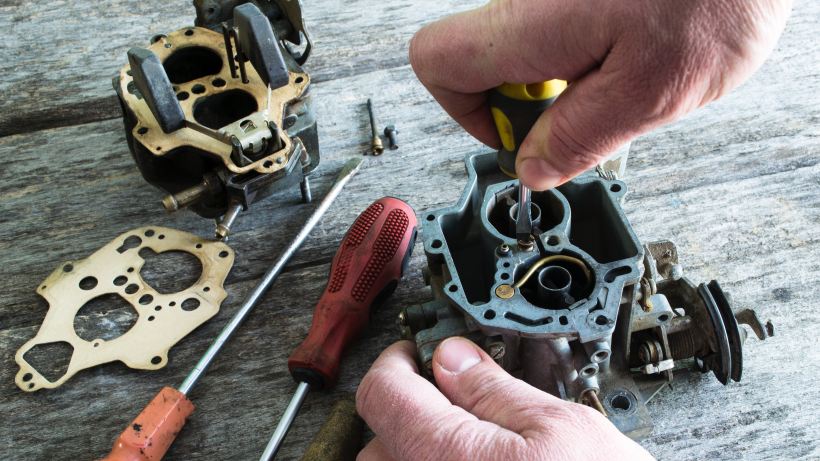
Carb cleaner is essentially a chemical whose main purpose is to clear the sludge and varnish off of a carburettor. It’s usually oil-based, but that’s a good thing because the residue further coats the gaskets and parts it’s cleaning.
But before diving into the carb cleaner, what’s a car carburettor first? Well, it’s basically a remnant from the past. Before, a carburettor was needed to mix fuel and air for a petrol engine. This mixture is then fed into the combustion chamber, which powers up your car.
Nowadays, most cars have fuel injectors or throttle bodies that do the same thing automatically and more efficiently. However, older and larger car models still rely on one to make a combustible fluid for the motor. That’s why the know-how of cleaning and tuning a carburettor is still important to master.
The carb cleaner is a staple of carburettor maintenance as it ensures that the machine’s sensitive parts, like the fuel line, are not blocked by buildup and grime. Not preventing these can lead to a less efficient engine that degrades and shuts down over time.
What is a brake cleaner?
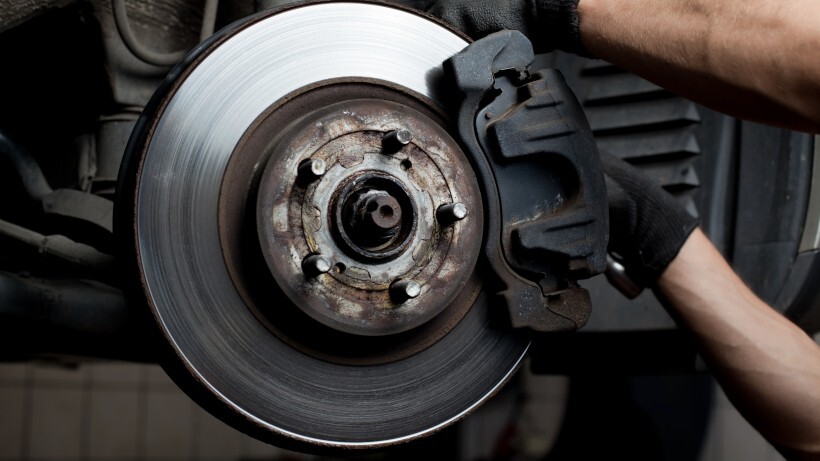
Brake cleaner, from the name itself, is a chemical that’s used to remove oil, dirt, and debris from the brake’s discs, pads, and other system components.
Brake cleaners aren’t made of oil, so they won’t leave any residue. Instead, they evaporate quickly and leave the surface dry and clean. This is on purpose because the brake parts need a completely oil-free surface to work optimally. You can’t risk it becoming too slippery when you eventually need to put your car to a halt.
When braking systems become caked with buildup and grime, the go-to solution is usually to replace the whole thing. However, that can be expensive if you do it all the time. Routinely cleaning the brake’s components with the specified cleaner ensures that you get as much performance from the mechanism as possible before having to buy another one.
Brake cleaner vs carb cleaner: What are their key differences?
Now that we have an overview of brake cleaners and carb cleaners, you might have a bit of an idea of what you need to use for your next car revamp project. But we’re gonna drill down more into these two to settle the carby cleaner vs brake parts cleaner debate once and for all.
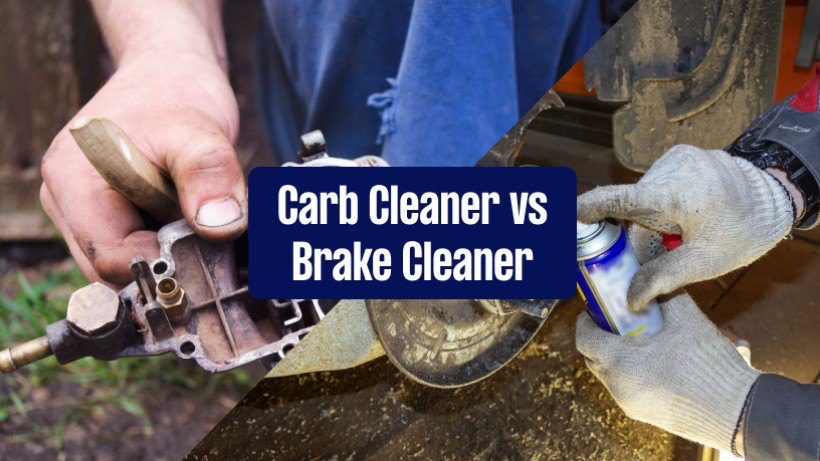
In terms of composition
The best way to define chemicals is usually to figure out what they’re made of. In the case of carb and brake cleaners, there are typically two types: chlorinated and non-chlorinated.
Chlorinated brake or carb cleaners have chlorine and are often more toxic because of it. They can easily damage plastic parts and cause irritation to the lungs when inhaled. In contrast, non-chlorinated ones don’t have any chlorine in their formula. Hence, they’re less toxic but weaker as a result as well.
But, if we’re going to consider each cleaner’s specific composition, it’s important to remember that carb cleaners are oil-based. They don’t wash away easily within the machine and don’t dissolve any non-metal parts. The acetone, toluene, and heptane that they contain lead to a clean carburettor without any undue risks. Sometimes, carbon dioxide can also be added to act as a propellant.
Meanwhile, brake cleaners have the same initial components as carb cleaners but with the addition of methanol in most formulations. The presence of this chemical makes brake cleaners more aggressive and also results in them being able to evaporate quickly. However, it also means that brake cleaners would easily destroy rubber.
In terms of cleaning purpose
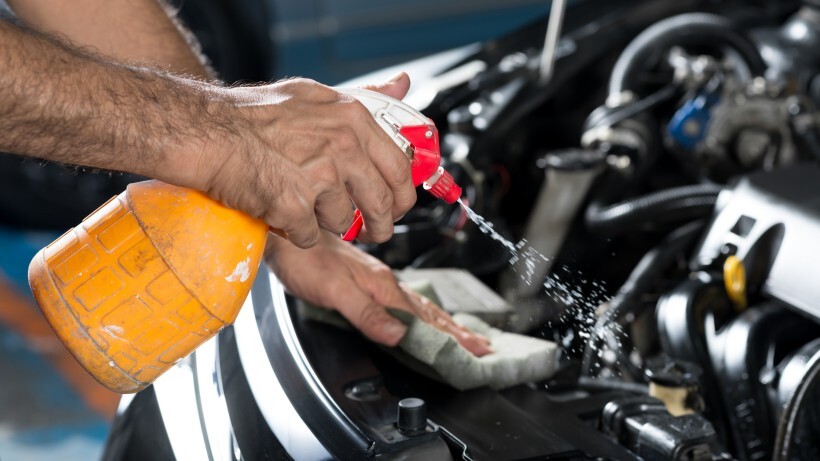
As mentioned above, carb cleaner is made and used for overall carburettor cleaning. Its main purpose is to polish parts with varnish or tough grime deposits. It’s also effective in freeing stuck components in the mechanism. Since it doesn’t damage rubber, vinyl, and neoprene, it’s perfectly safe for carburettor seals and gaskets.
On the other hand, brake cleaners’ main use is the removal of oil buildup. It also serves as an oil-free brake dust cleaner that evaporates easily. Because of this, it won’t leave any residue that might impair the performance of the car’s brakes.
Now, you might be thinking, they’re all cleaners anyway. Maybe you can just clean your entire engine bay with the two. However, that’s a bad decision.
As we keep on saying, carb and brake cleaners have distinct chemical components that make them suitable for carburettors and brake systems, respectively. The latter can damage non-metal parts of the engine bay, while the former would be too oily for the remainder.
In terms of application
Now, it’s time to talk about how to clean a carburettor. The fortunate thing is that it’s relatively easy to do so with a carb cleaner. Just need to pour the fluid directly into the carburettor’s internal and external parts. You wouldn’t need to disassemble anything, too.
This is also the reason why carb cleaners are suitable for small engine components in lawn mowers and snow blowers. Just make sure that an oily residue won’t harm the machine.
When it comes to cleaning brake parts, you just need to be extra careful that the solution won’t come into contact with rubber seals, plastics, painted surfaces, and electrical components. As we established early on, brake cleaners can be extremely strong due to their methanol contents. Therefore, it might do more harm than good in other non-braking systems.
In terms of potential hazards

Even though carburettor cleaners are less aggressive than brake cleaners, they’re still fairly harmful when inhaled. Plus, they can also irritate the skin if they come into contact with an unprotected area, and even damage painted surfaces if a significant amount is sprayed on them.
A brake cleaner is another conversation, though. Since it contains chemicals that are more harmful, you have to make sure that you’re wearing proper protective clothing when handling it. There are even chlorinated formulas that contain volatile organic compounds (VOCs) that are known for being health and environmental risks.
Wearing a mask, safety glasses, and gloves would do if you’re just going to use it for a short period of time. However, if you work in auto shops and are gonna be around brake cleaners for longer than a few minutes, make sure you’re wearing overalls or personal protective equipment.
In terms of post-application residue
Since carb cleaners are meant to prevent carburettors and the fuel valve from drying out and cracking, they leave an oily residue after application. This is a double-edged sword, though, because it makes them unsuitable for any car parts where oil and grease are not desired.
In contrast, brake cleaners dry up quickly and leave no residue post-application. This ensures that the braking system’s components are free of any particles or substances that could impact their performance. This is critical for braking efficiency but not so much for protective films on the mechanism.
In terms of cost
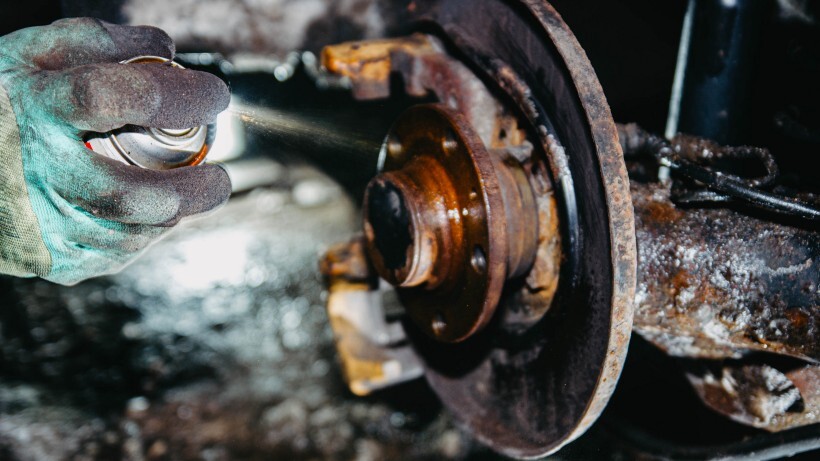
It’s no secret that car servicing can be quite costly. In fact, the average in Australia is $140 to $550. However, if you ask me, the significantly lower risk of damaging your car engines and parts is worth the buck.
Luckily, both carb and brake cleaners are generally affordable and widely available in automotive stores. You can even order them online.
The specific prices can differ based on the brand, formulation, and quantity, but carb cleaners on 400 g aerosol spray cans usually cost $10.99 to $22.99 and 1-litre bottles range from $9.00 to $100.95 each. Meanwhile, similar-sized brake cleaners can go from $9.99 to $21.99 per aerosol spray cans and $7.40 to $8.60 for 1-litre variants.
The choice of buying either one highly depends on your purpose rather than the cost. In other words, if you’re aiming to clean the carburettor, go for the carb cleaner. If you’re going to tackle the brakes, then go for a brake cleaner.
Maintain a clean carburettor and brake system with Airtasker
Your car journey doesn’t end in the buying process. There’s still a long way to go for you and your vehicle, and you need to have the know-how in maintenance to make the relationship work.
Choosing the right products for your car’s maintenance, like deciding between carb cleaner and brake cleaner, can seem daunting. But while it's useful to know the differences, the real key to a well-maintained vehicle lies in professional care. Airtasker simplifies this process.
With numerous expert cleaners and reliable people on the platform, you’ll surely find the right fit for your needs. Post a task today and connect with pros who can tackle your car cleaning with ease.
Carb cleaner vs brake cleaner
| Carb Cleaner |
Brake Cleaner |
|
| Composition |
Contains acetone, toluene, and heptane in an oil-based solution |
Contains typical carb cleaner ingredients with methanol added |
| Cleaning Purpose |
Polishes parts with varnish and grime deposits |
Removes oil buildup in the system |
| Application |
Can be applied directly to the carburettor parts |
More care is needed to avoid contact with non-metal parts |
| Potential Hazards |
Can be toxic when inhaled, and it comes in contact with the skin |
Extremely toxic and chlorinated variants can even harm the environment |
| Post-Application Residue |
Leaves oily residue |
Leaves no residue as it evaporates quickly |
| Cost |
Generally cheap and accessible |
Can be slightly cheaper than carb cleaners |
FAQs on carb cleaners vs brake cleaners
You can use electrical contact cleaners for general brake parts, and then degreasers for metal parts that might be covered with heavy oil. However, these alternatives are not advisable in the long run as they won’t evaporate as quickly and effectively as official brake cleaners.
Brake cleaners shouldn’t be used on plastic, rubber, or painted surfaces because the chemicals in these solutions would easily damage the said materials. In fact, it’s also unsafe to use brake cleaners on parts that would soon be welded or exposed to heat, as the unevaporated chemical could be toxic in such extreme temperatures.
No, it’s not a carb cleaner alternative because it can destroy the plastic and rubber components of a carburettor. Plus, the said car part needs the protective oil residue that carb cleaners offer and would not benefit from the easily evaporating brake cleaning fluids.
No, it’s not advisable because even though fuel injectors are mainly made of metal, they still need a much gentler cleaner that won’t damage their delicate components. You’re better off investing in a specific fuel injector cleaner.
Find cleaners, fast
Post a task
Related articles
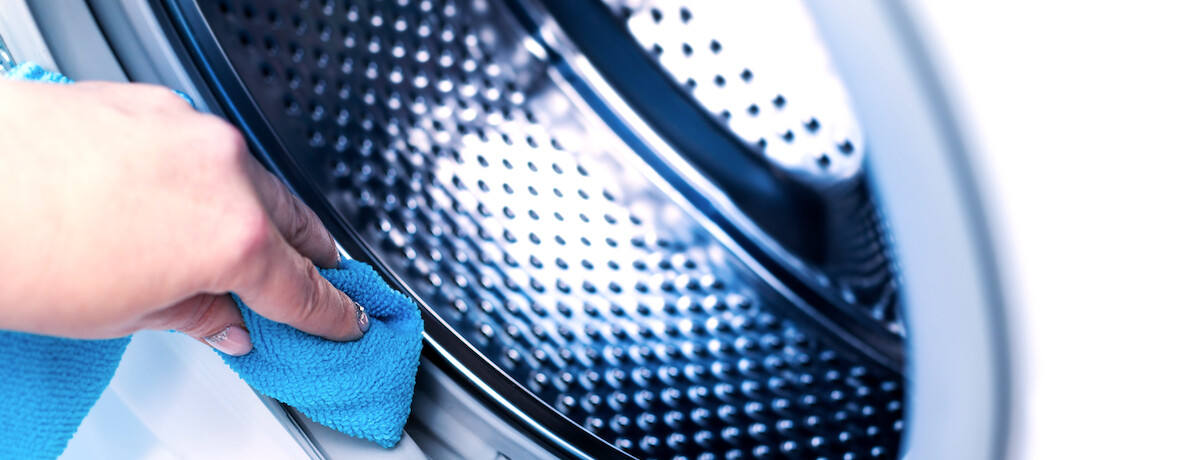
How to best clean a washing machine
Read more
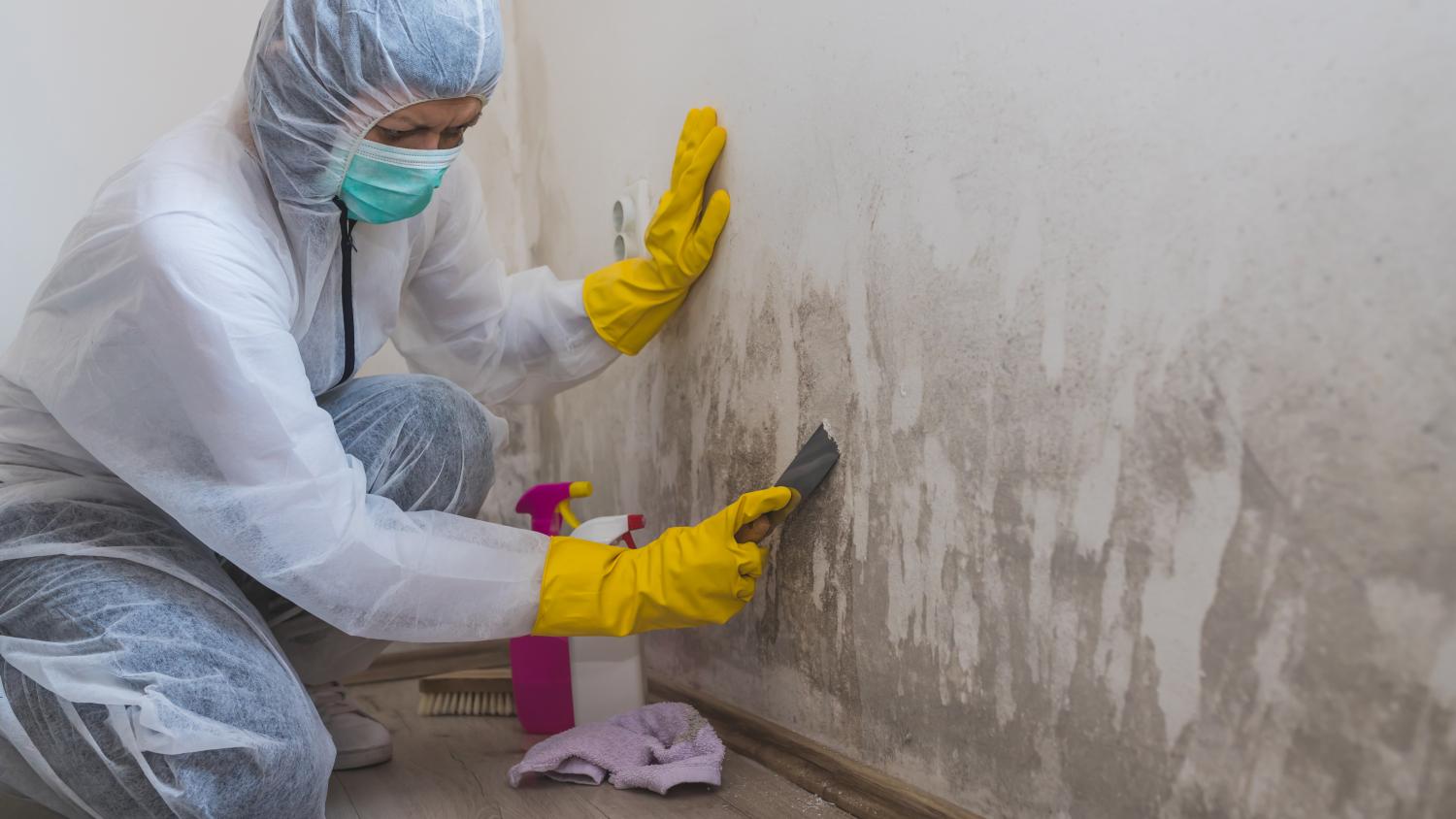
How to get rid of mould at home
Read more

How to clean your home after a flood
Read more

How to price pressure washing jobs
Read more
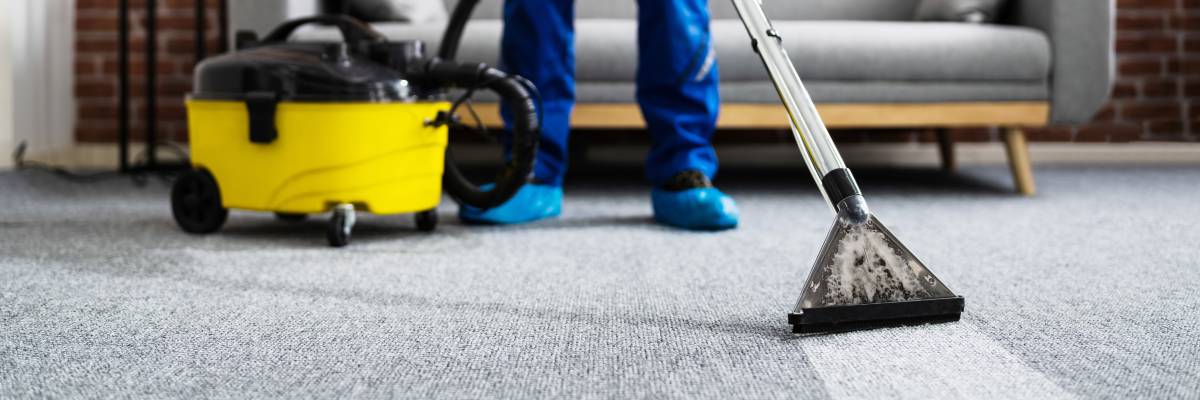
How to become a housekeeper
Read more
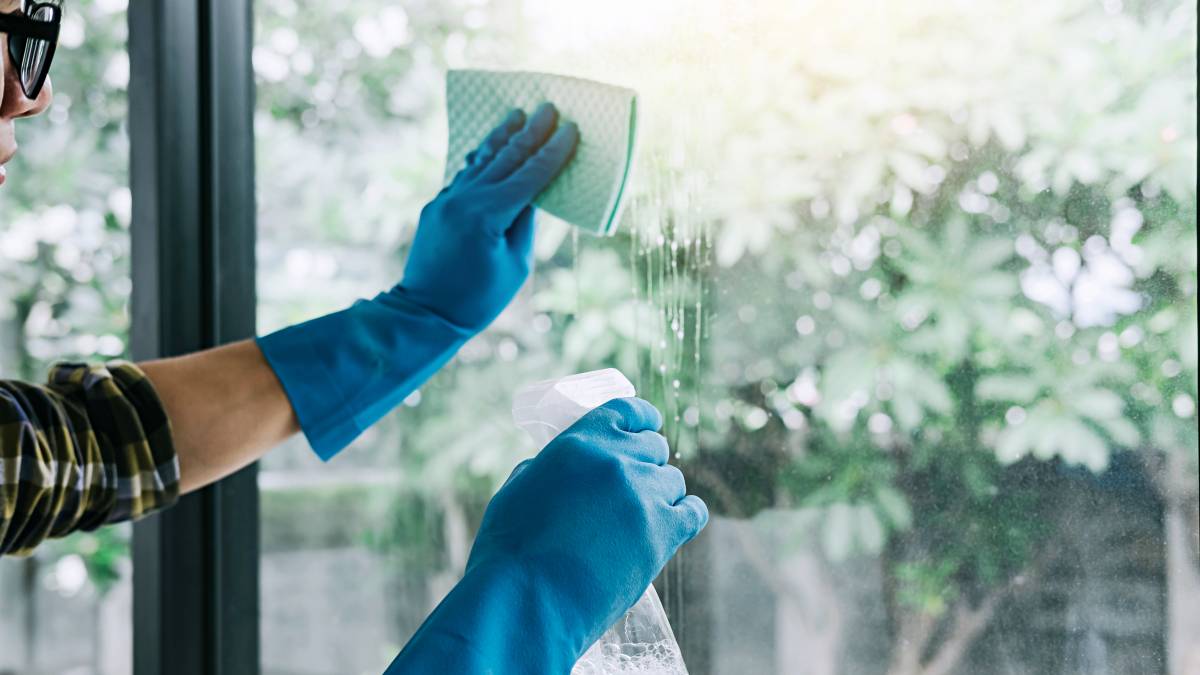
How to price cleaning jobs
Read more

How to get a cleaning certificate
Read more

How to keep dust off your desk
Read more
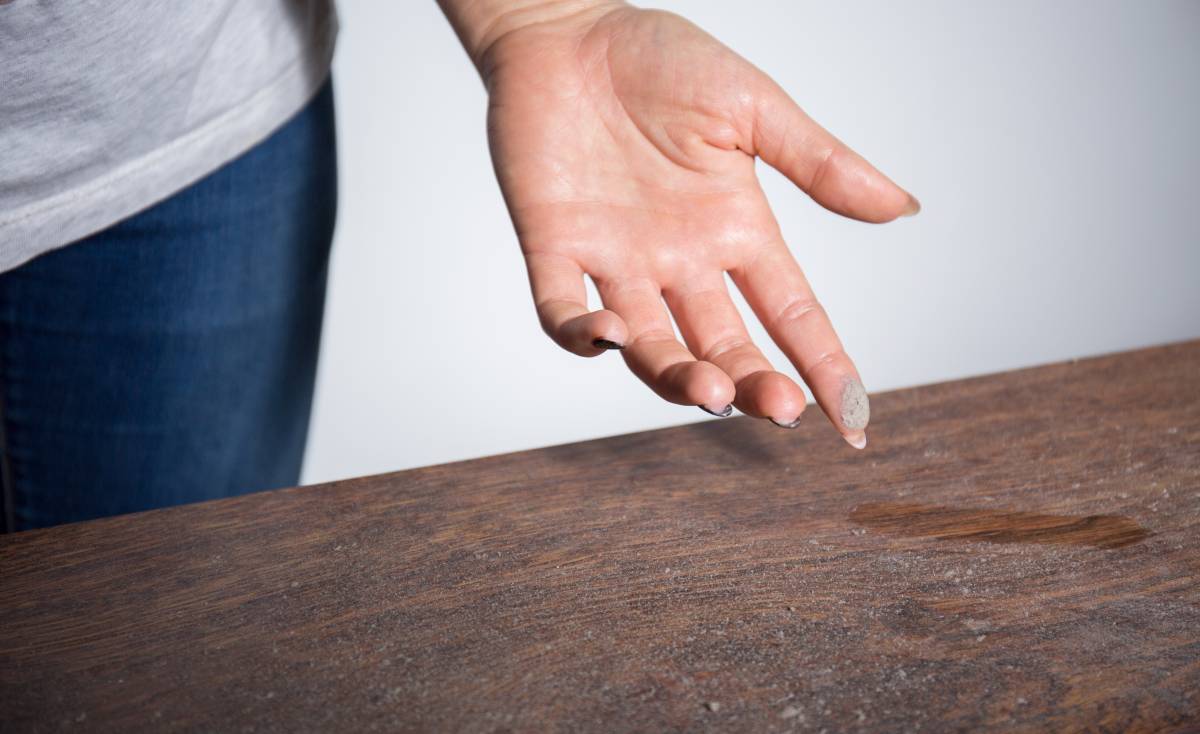
How to get rid of dust in your home
Read more
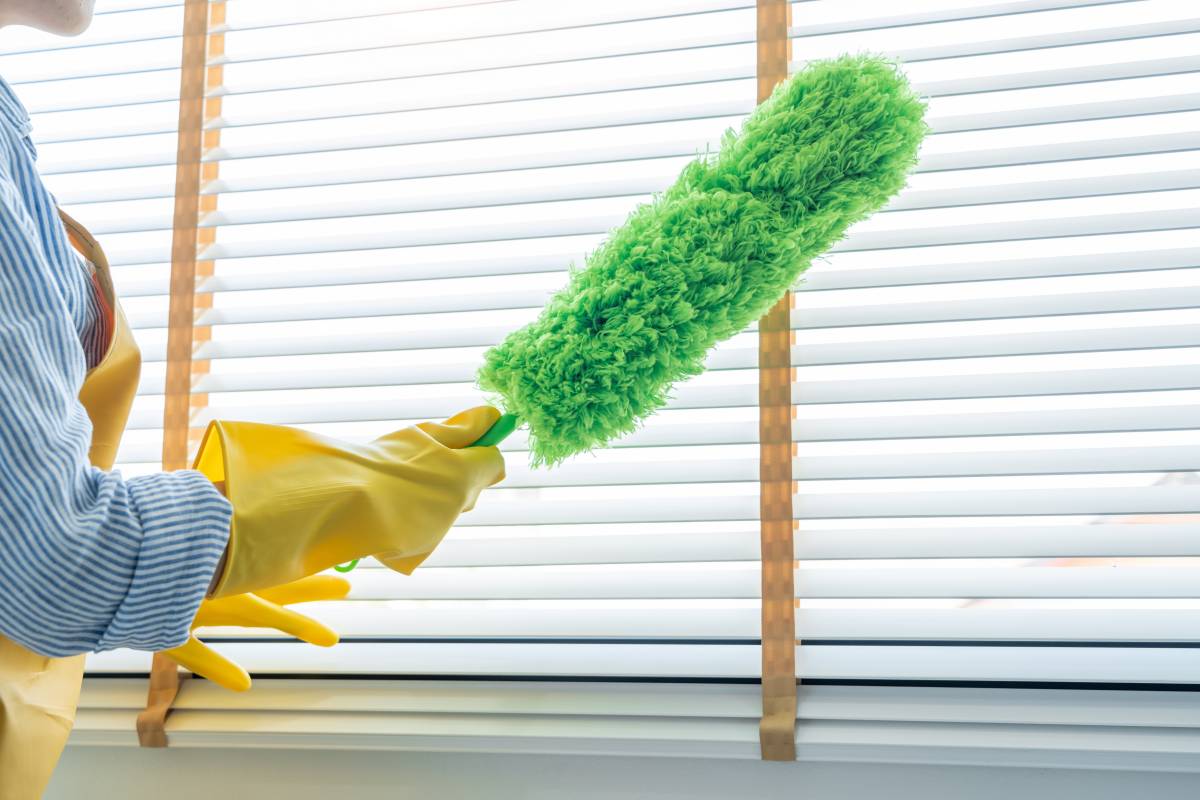
How to clean a duster
Read more
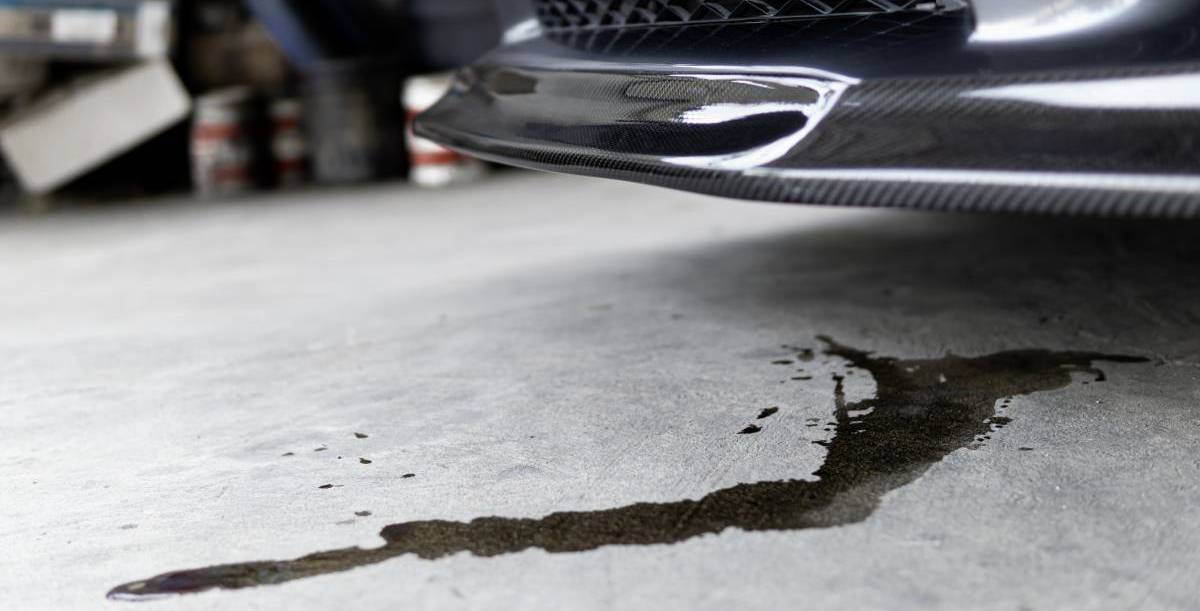
How to clean a garage floor
Read more
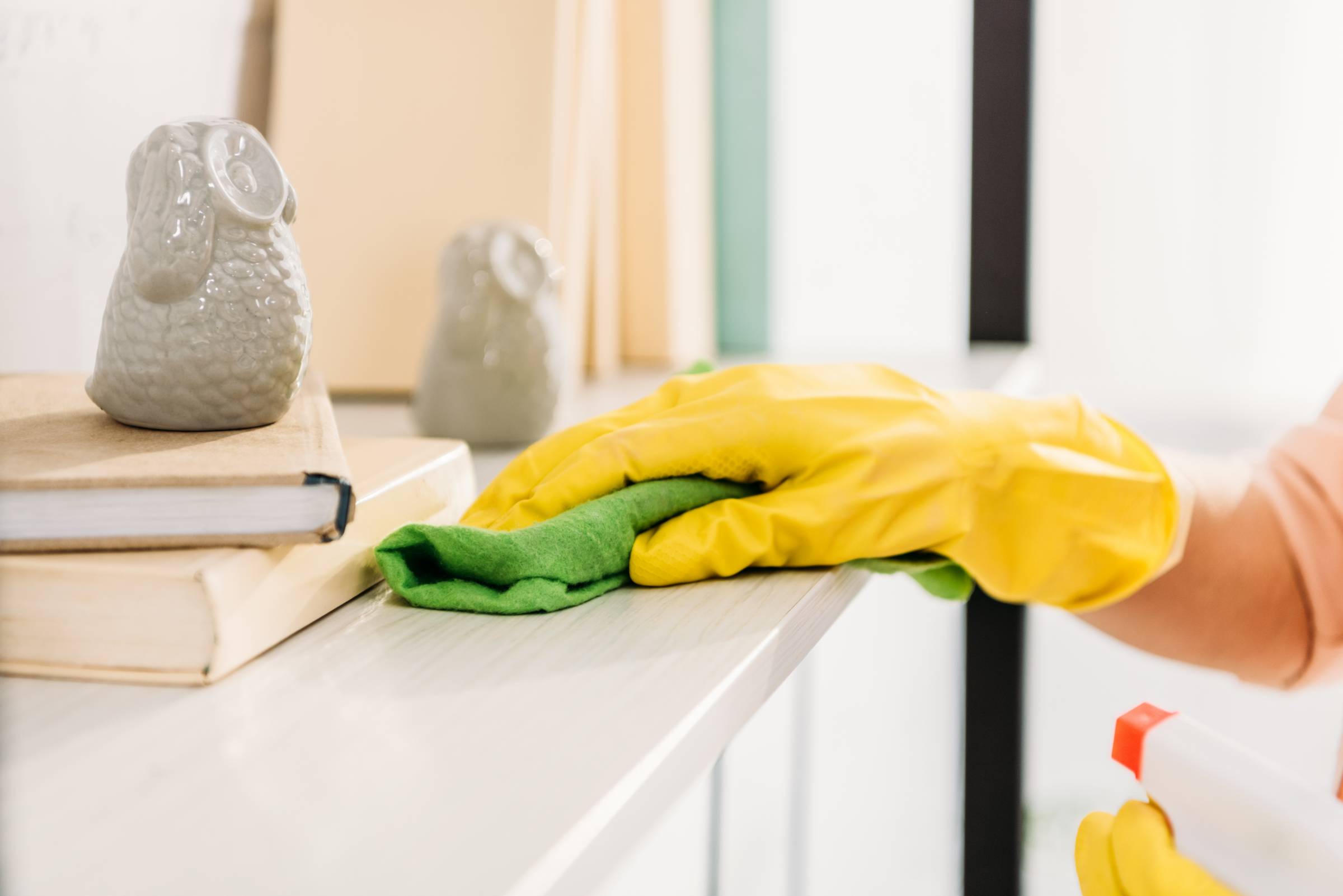
The ultimate spring cleaning checklist
Read more
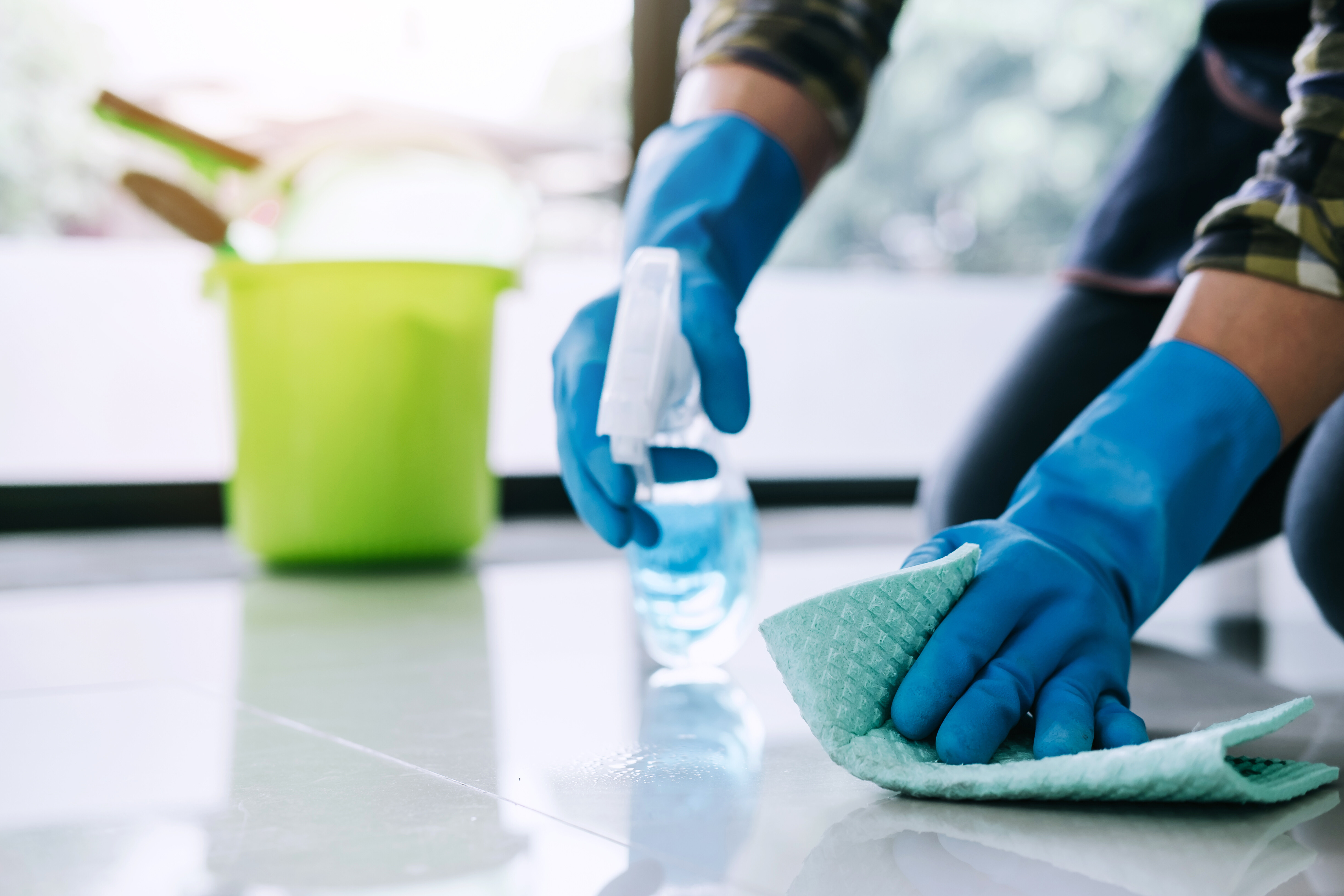
End of lease cleaning checklist
Read more
Related price pages
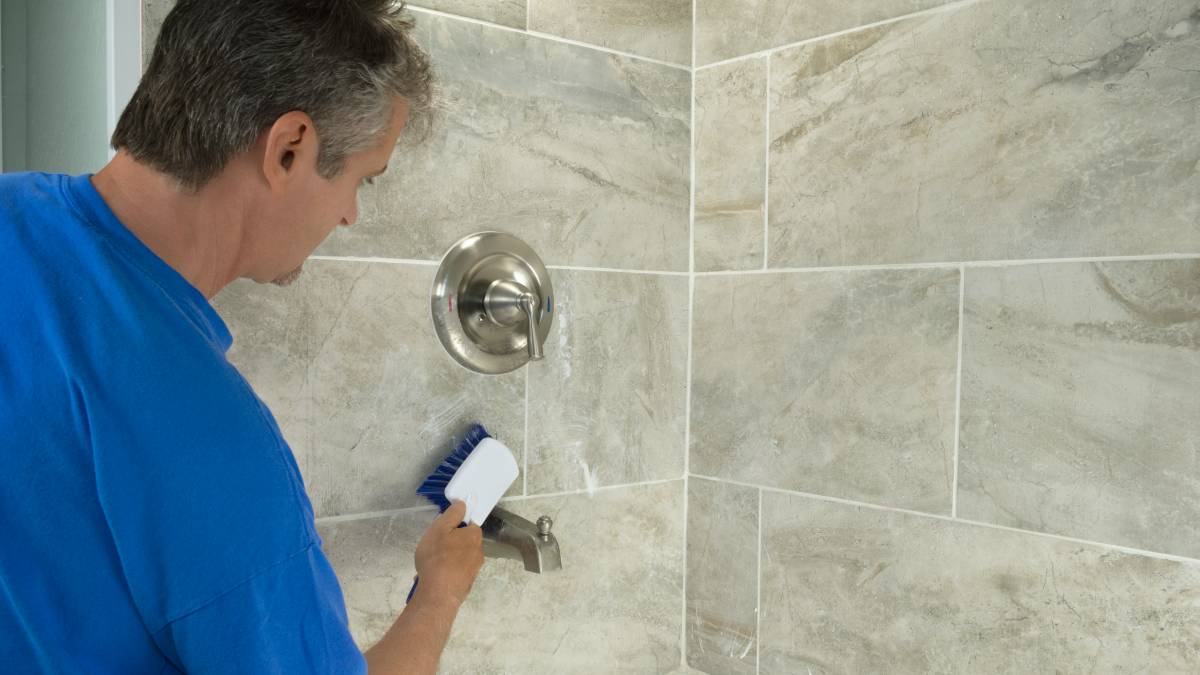
How much does tile cleaning cost?
Read more
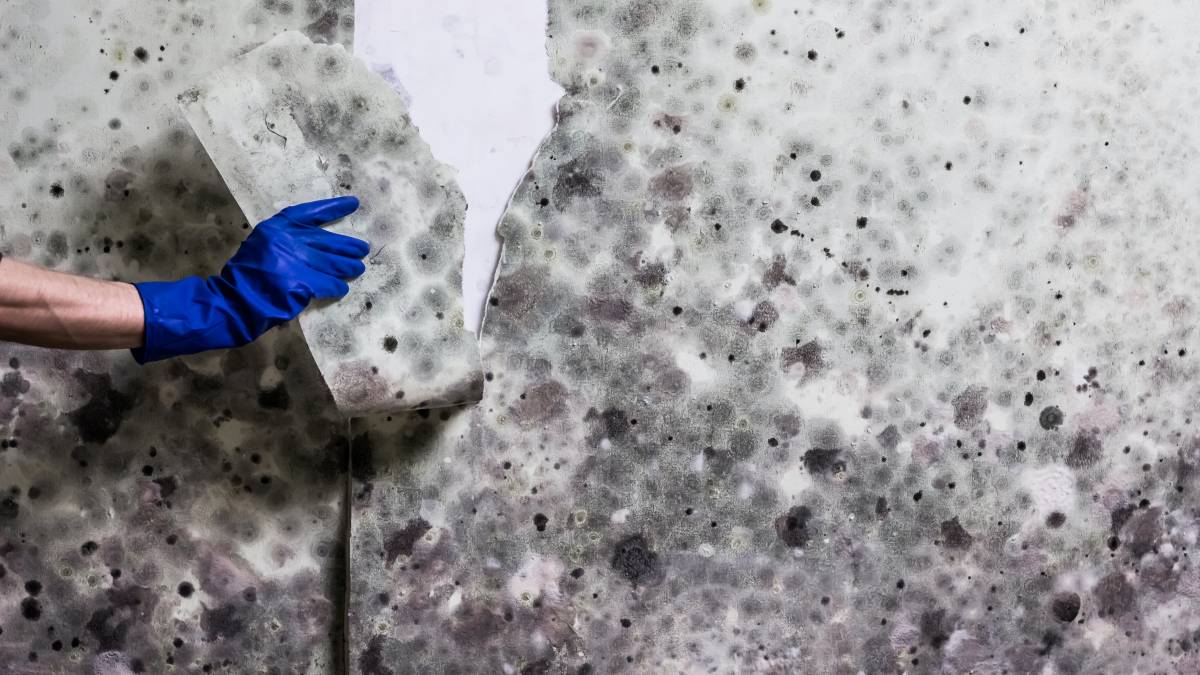
How much does mould removal cost?
Read more
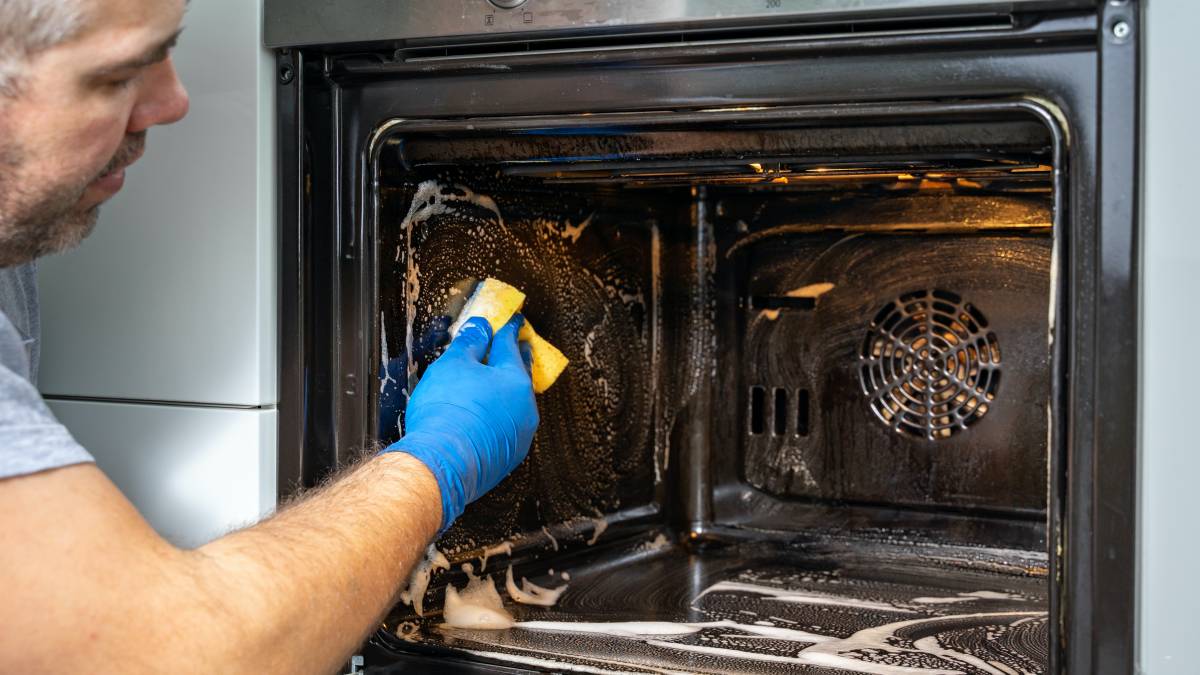
How much does oven cleaning cost?
Read more
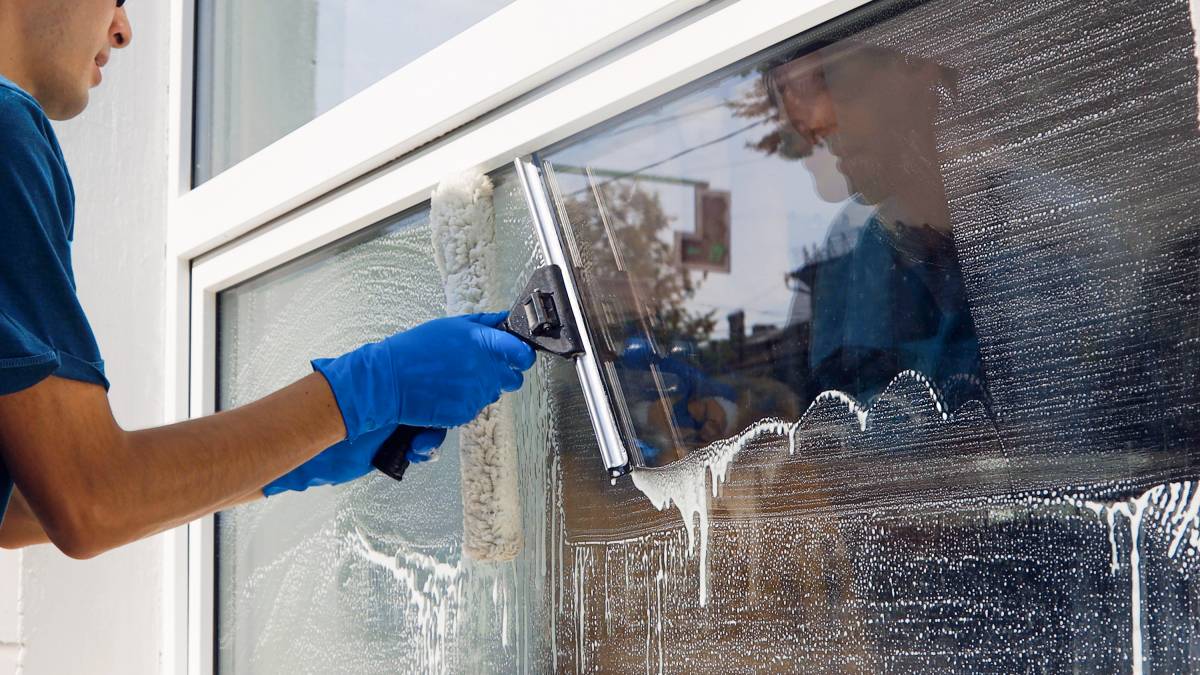
How much does a cleaner cost?
Read more

How much does office cleaning cost?
Read more

How much does attic cleaning cost?
Read more
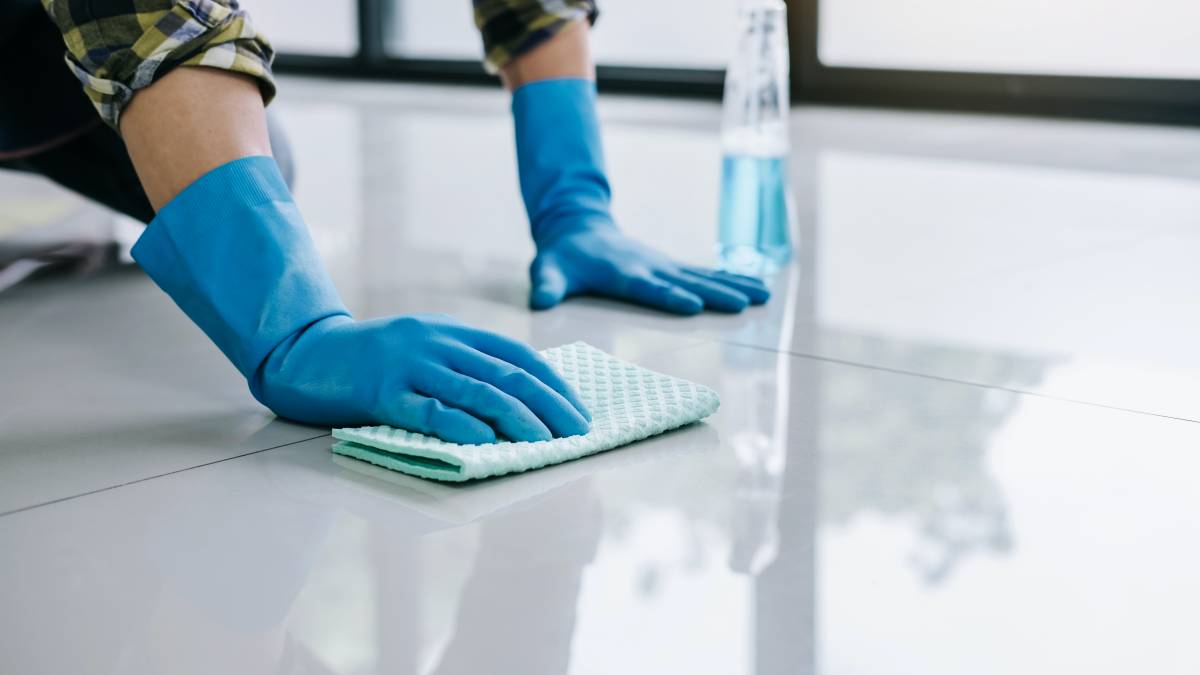
How much does floor cleaning cost?
Read more
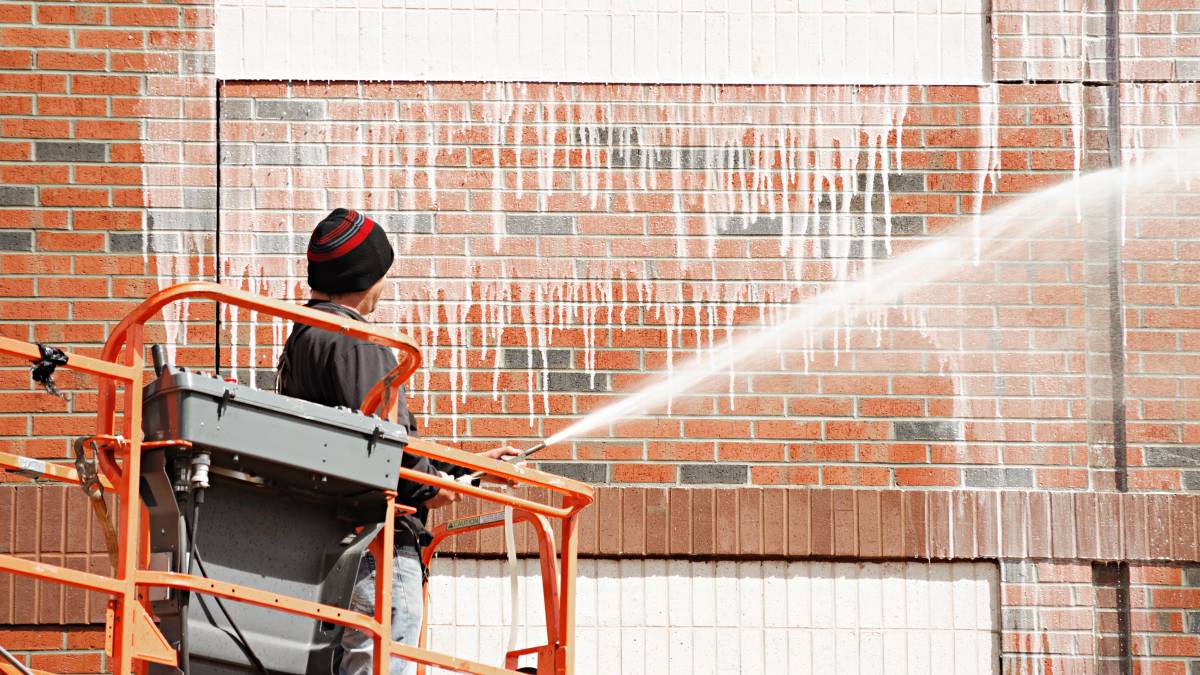
How much does brick cleaning cost?
Read more
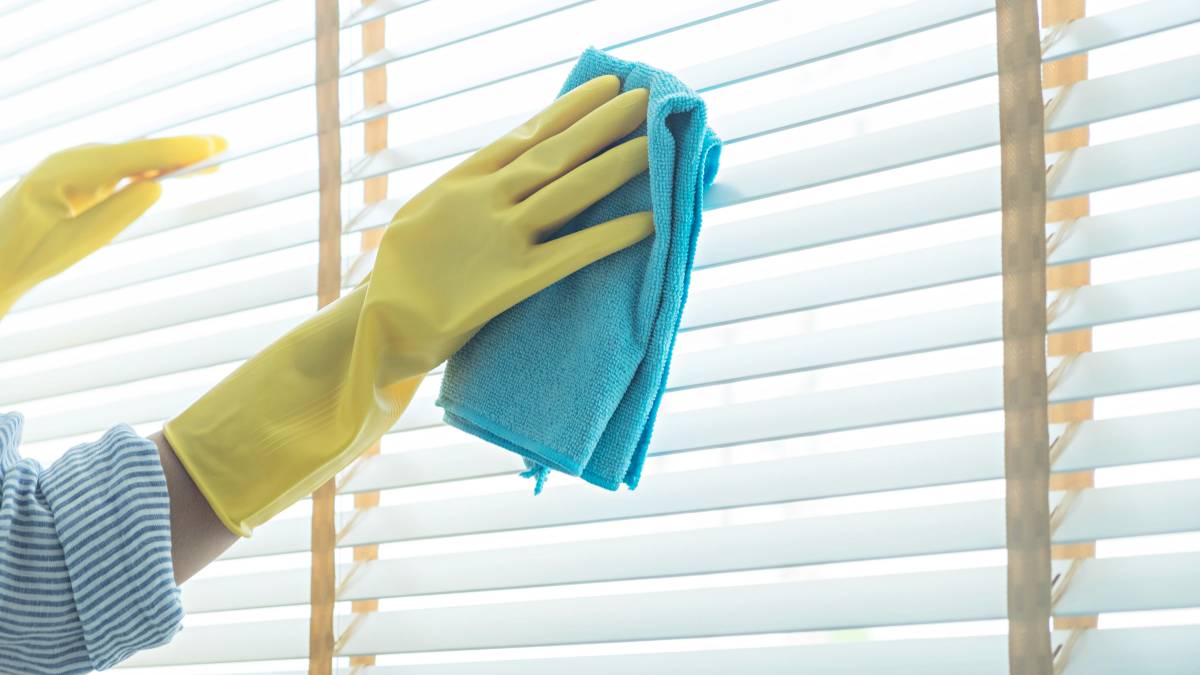
How much does blind cleaning cost?
Read more
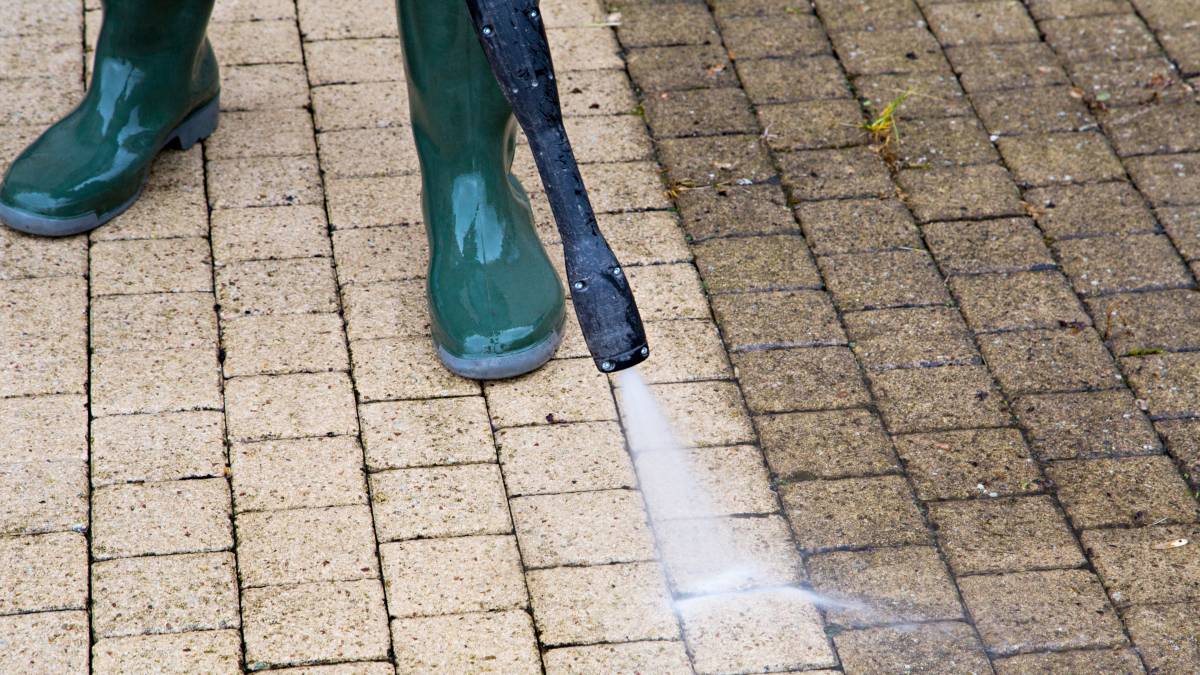
Pressure washing prices in Australia
Read more
